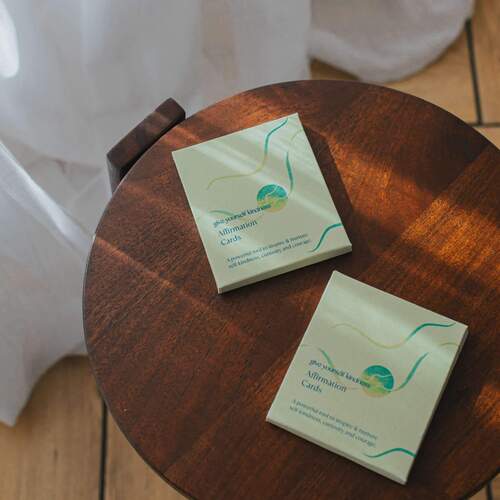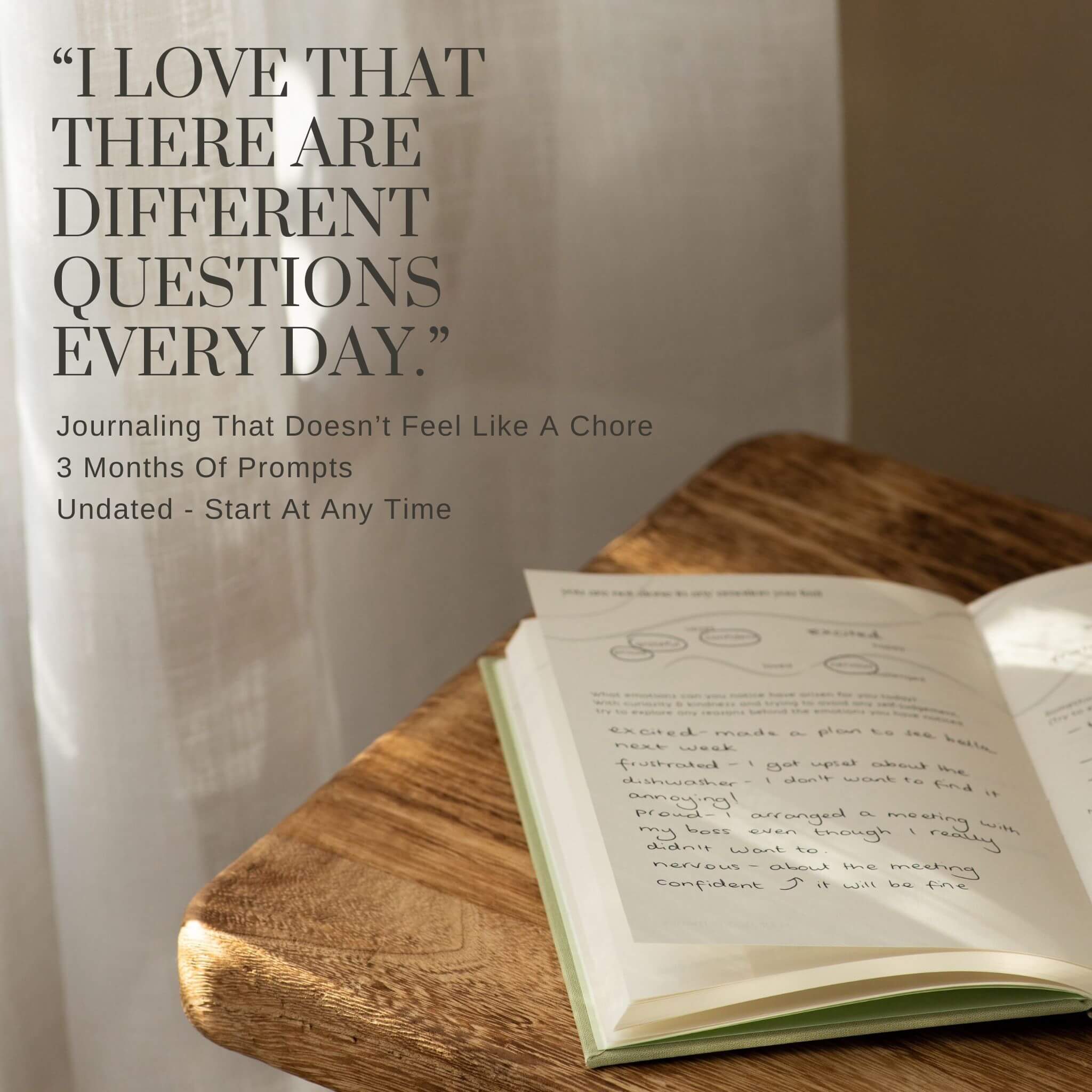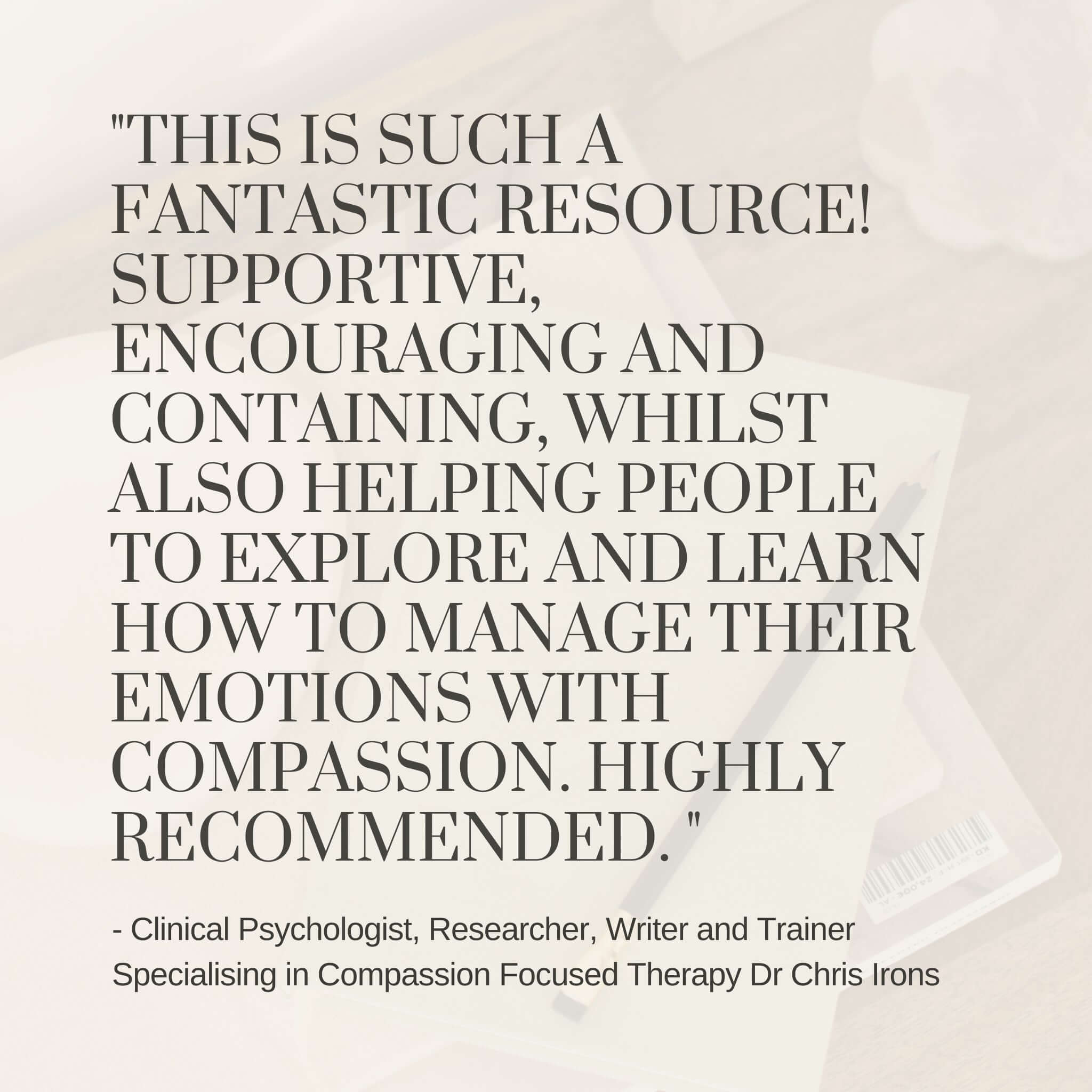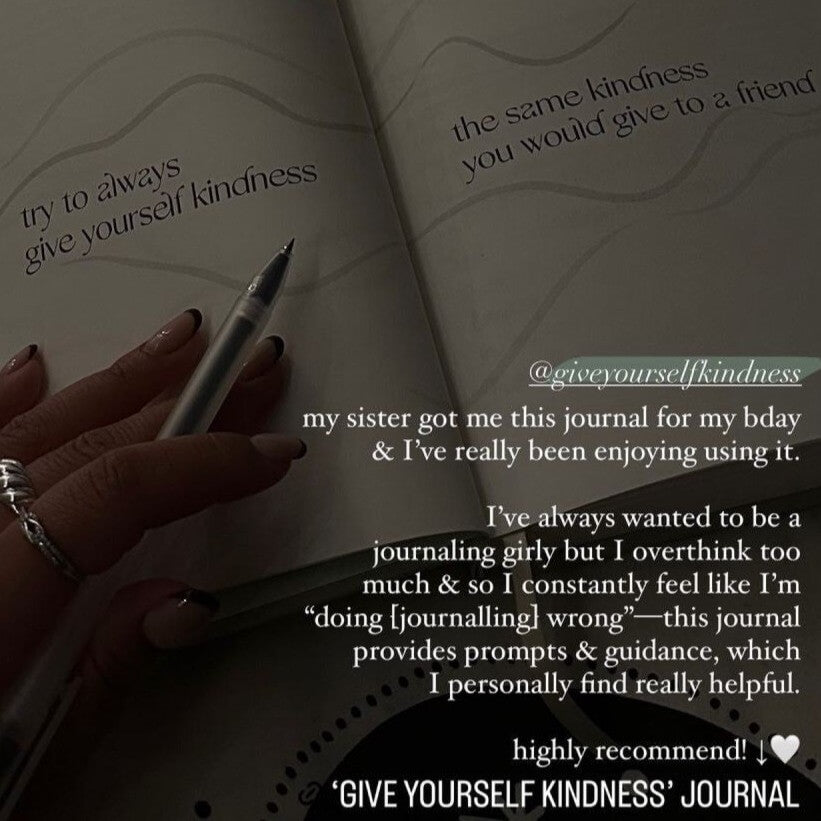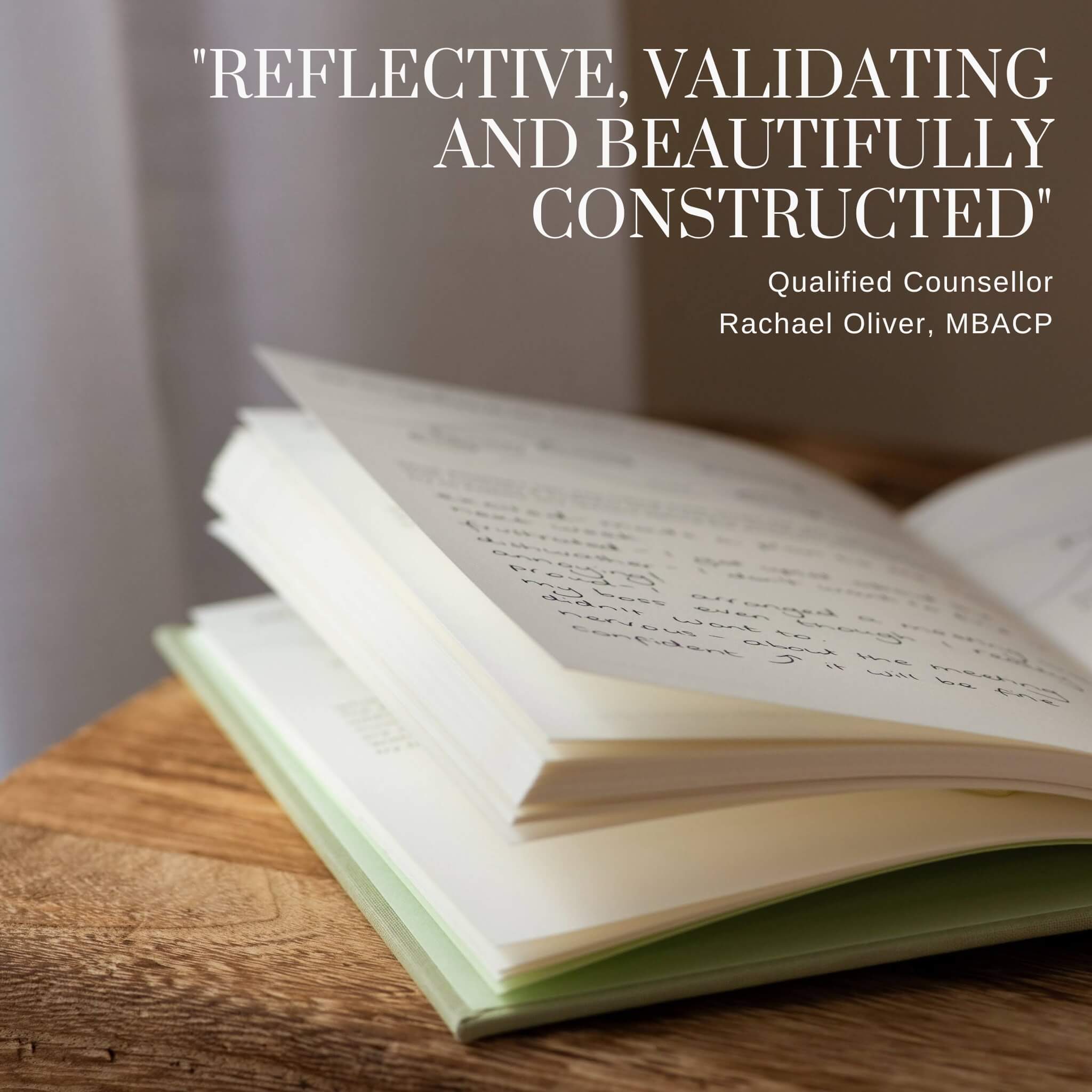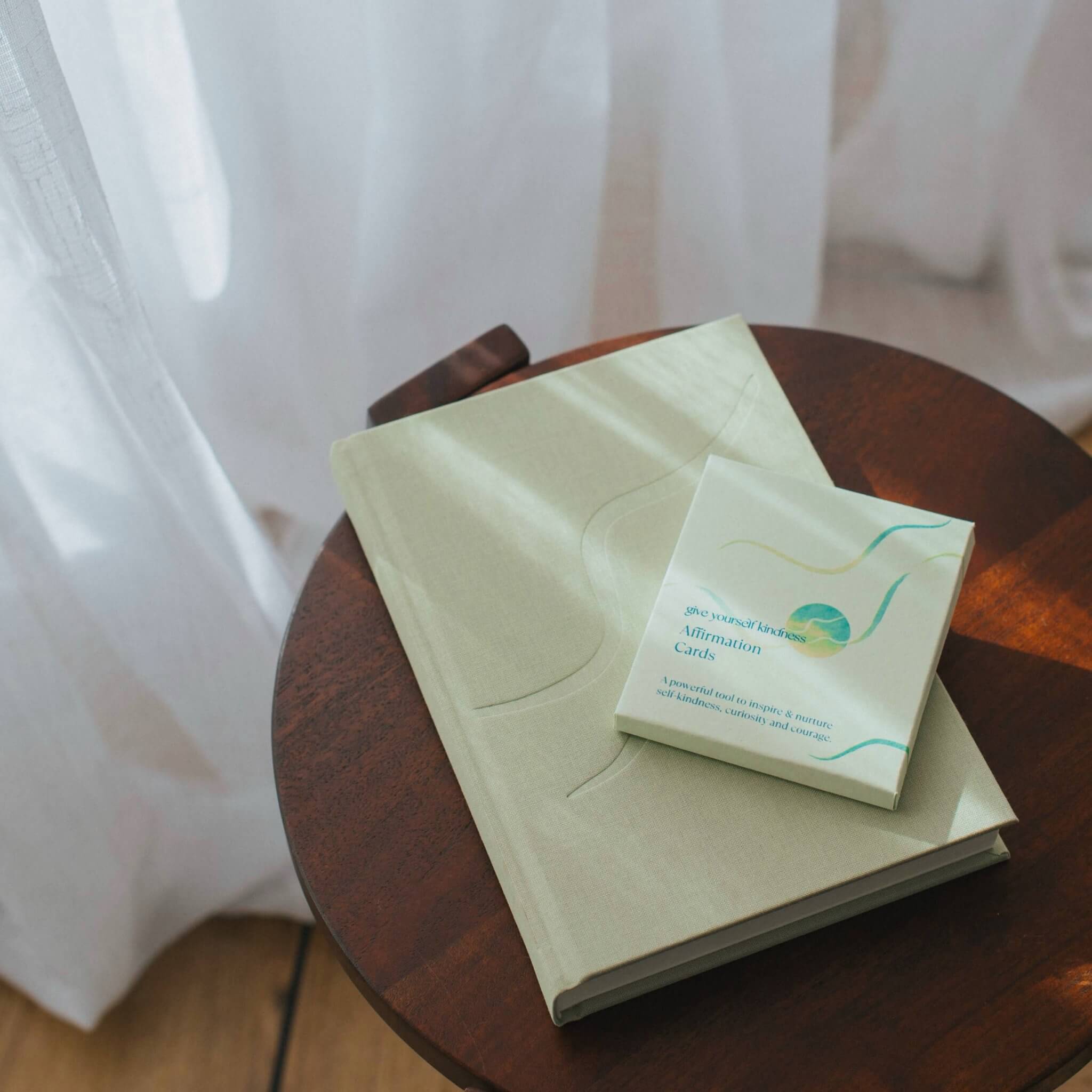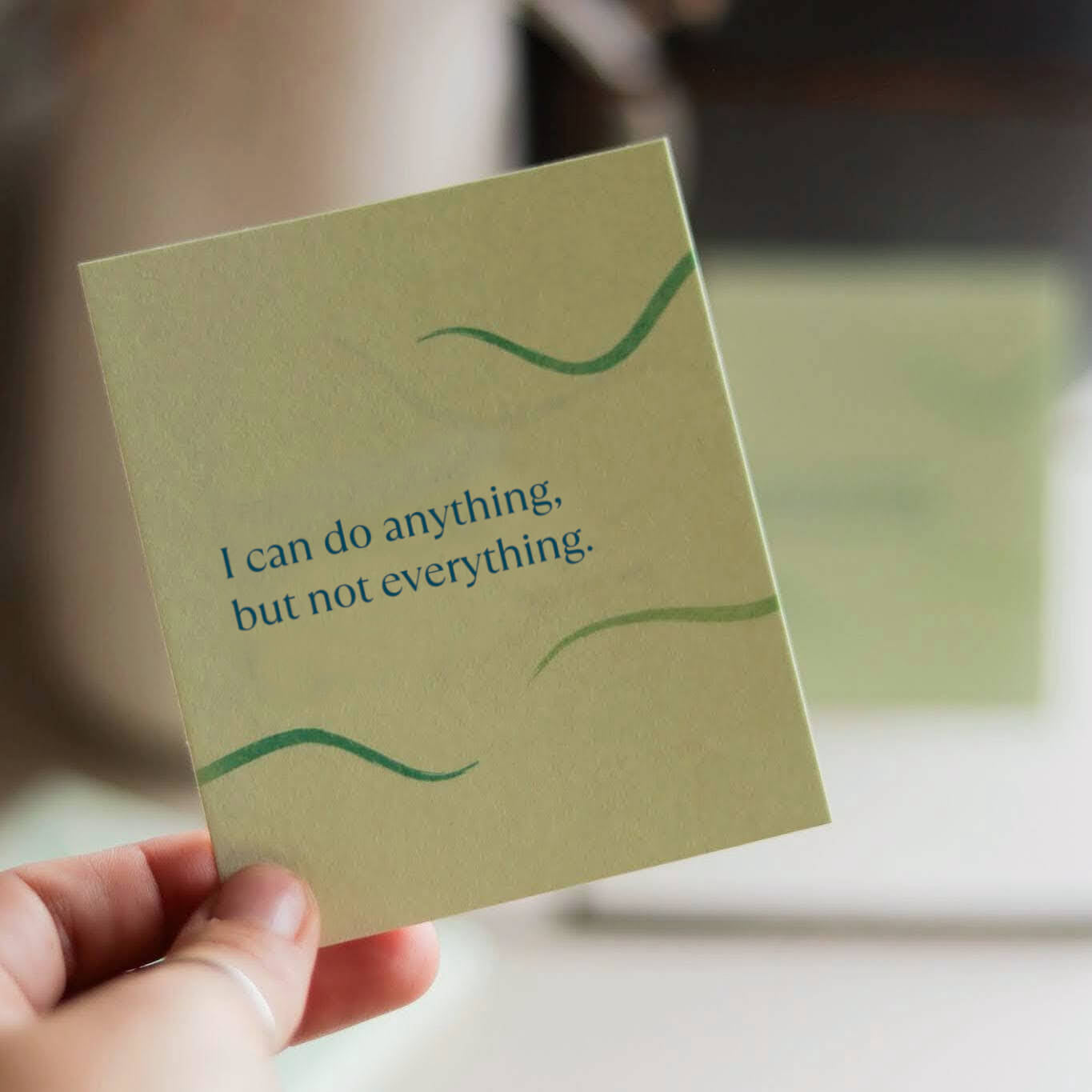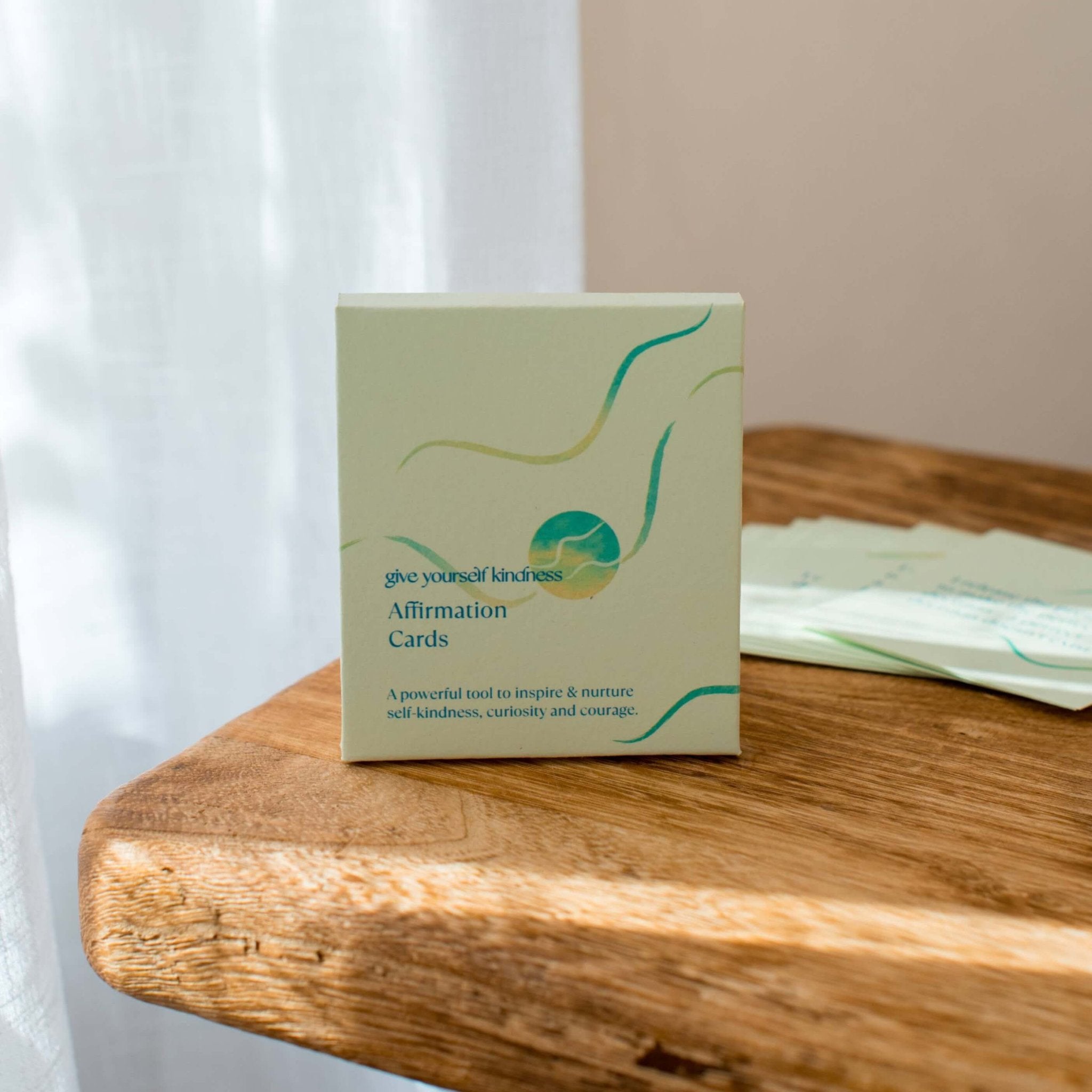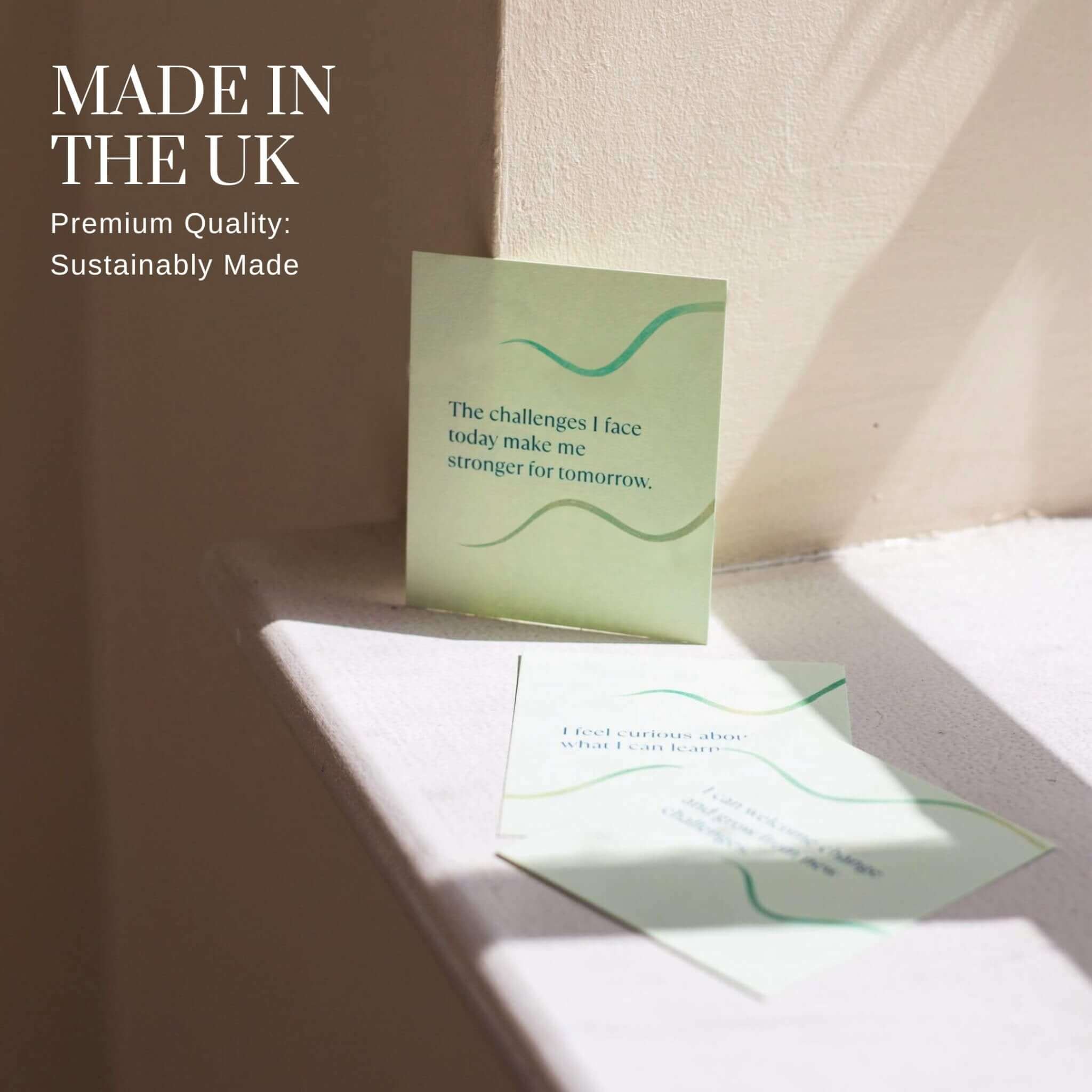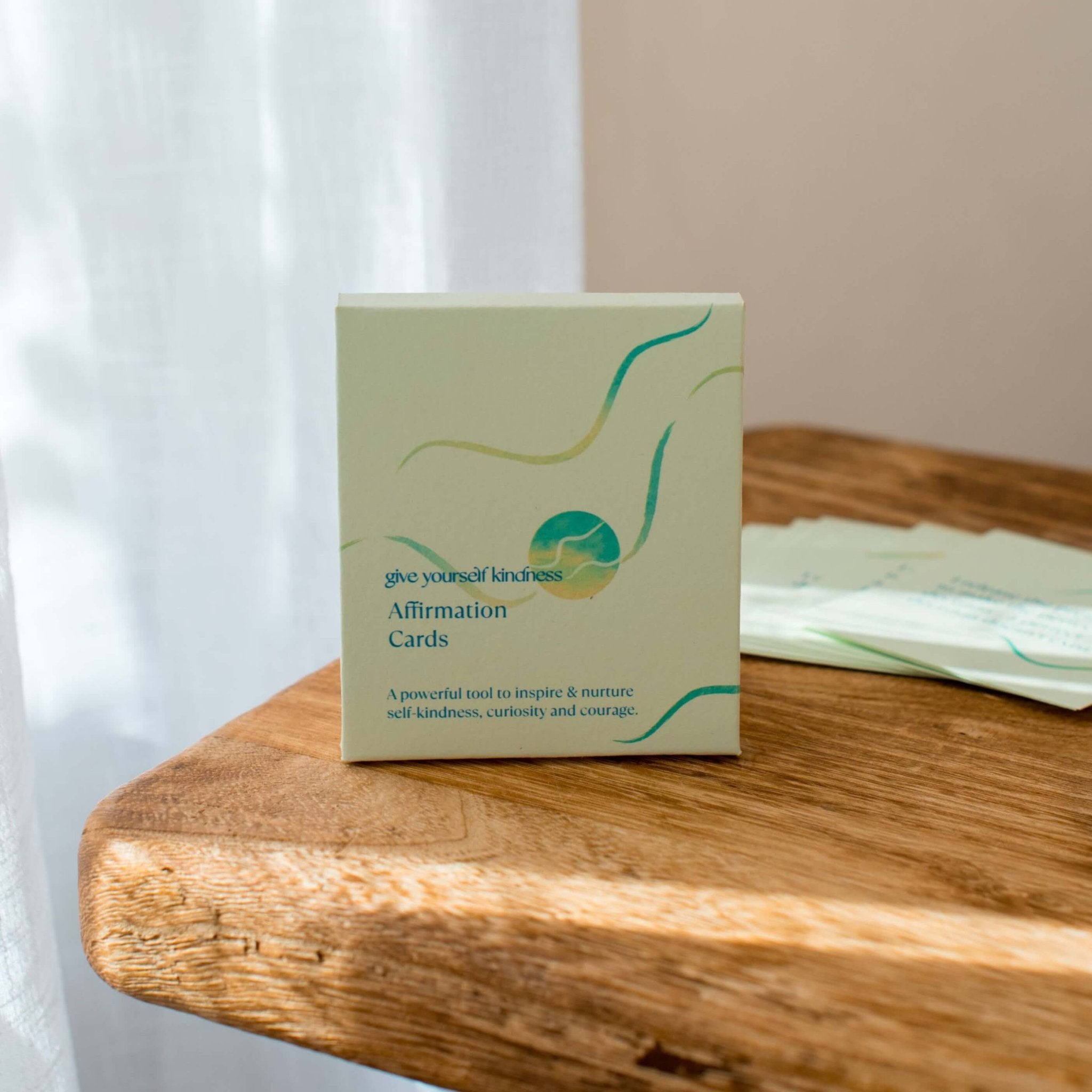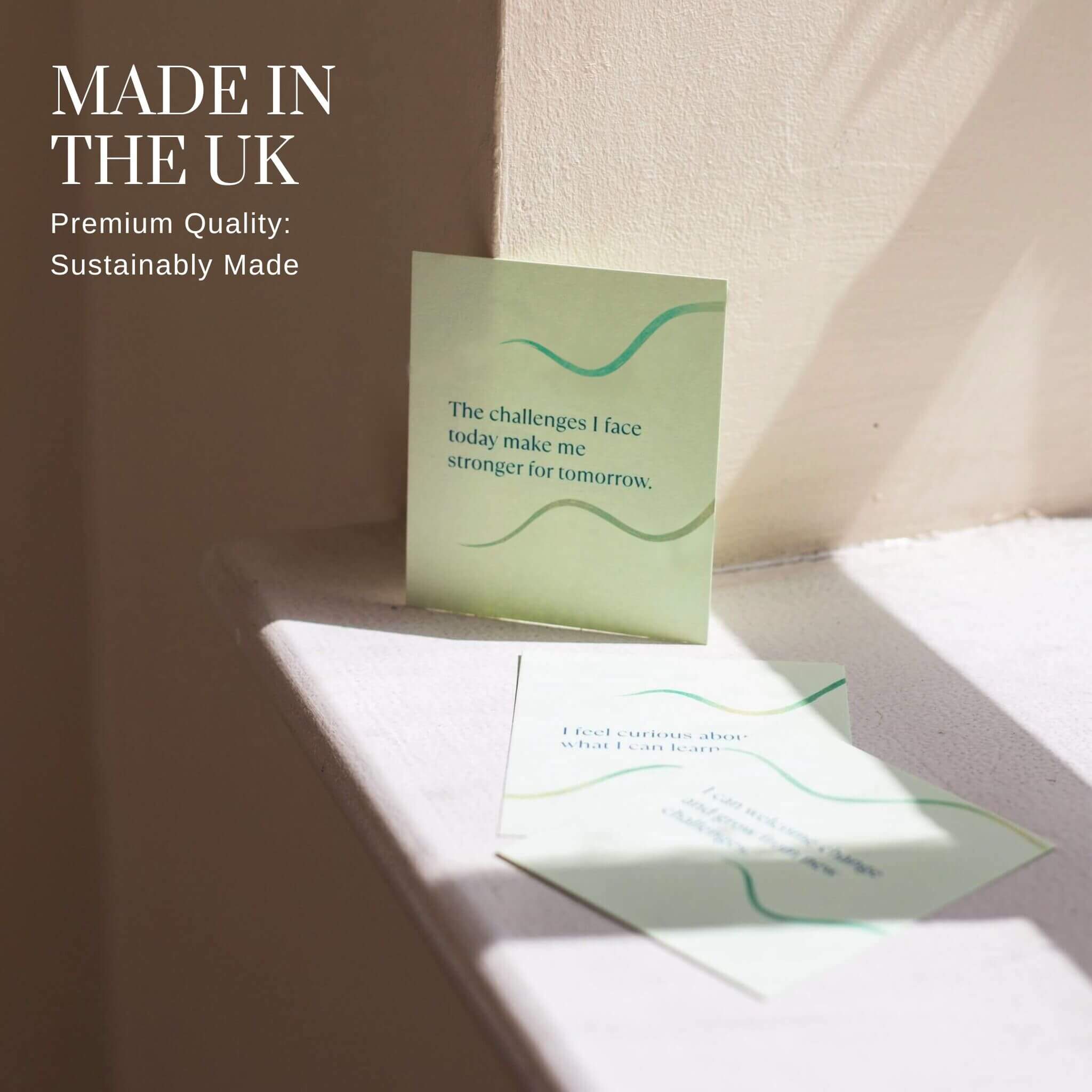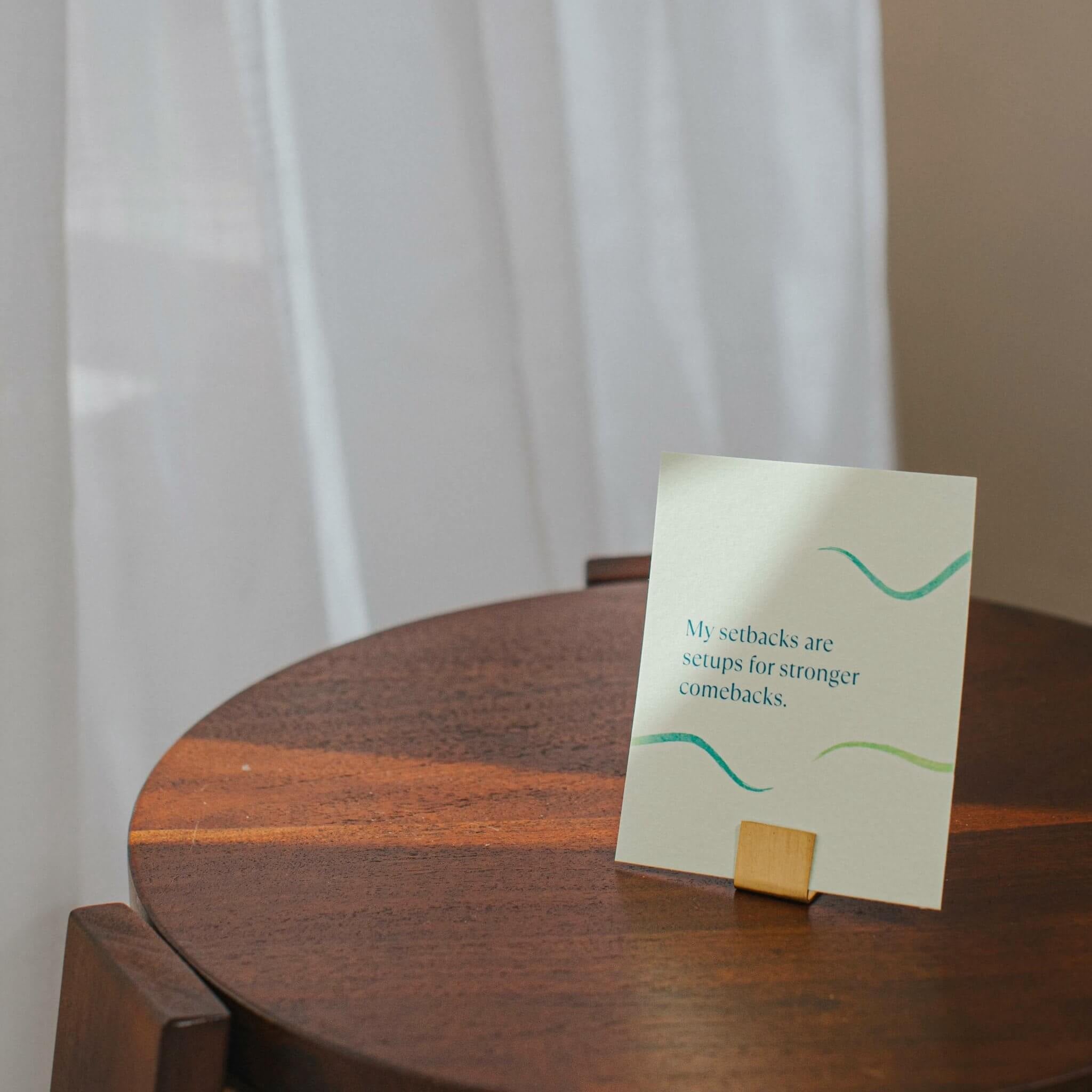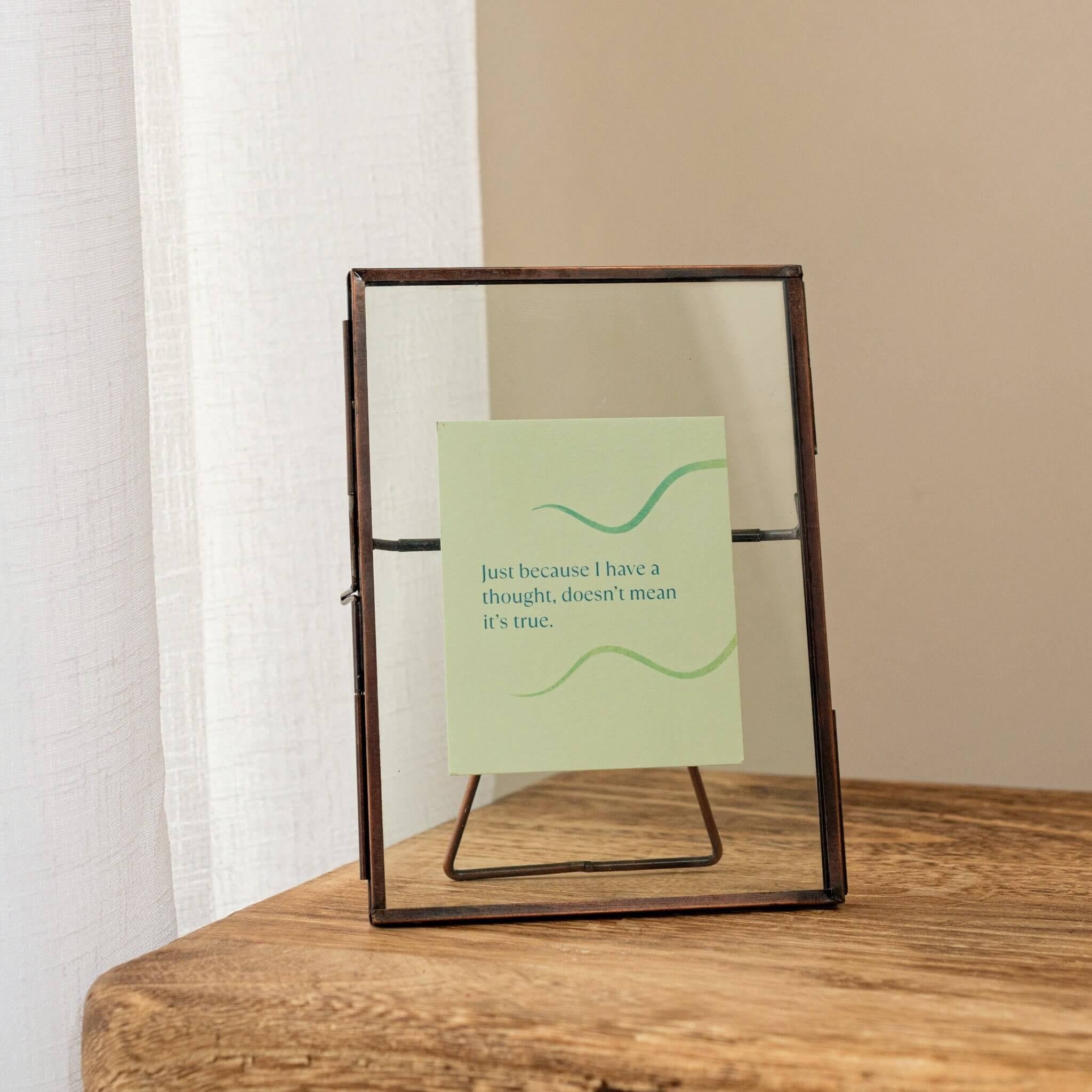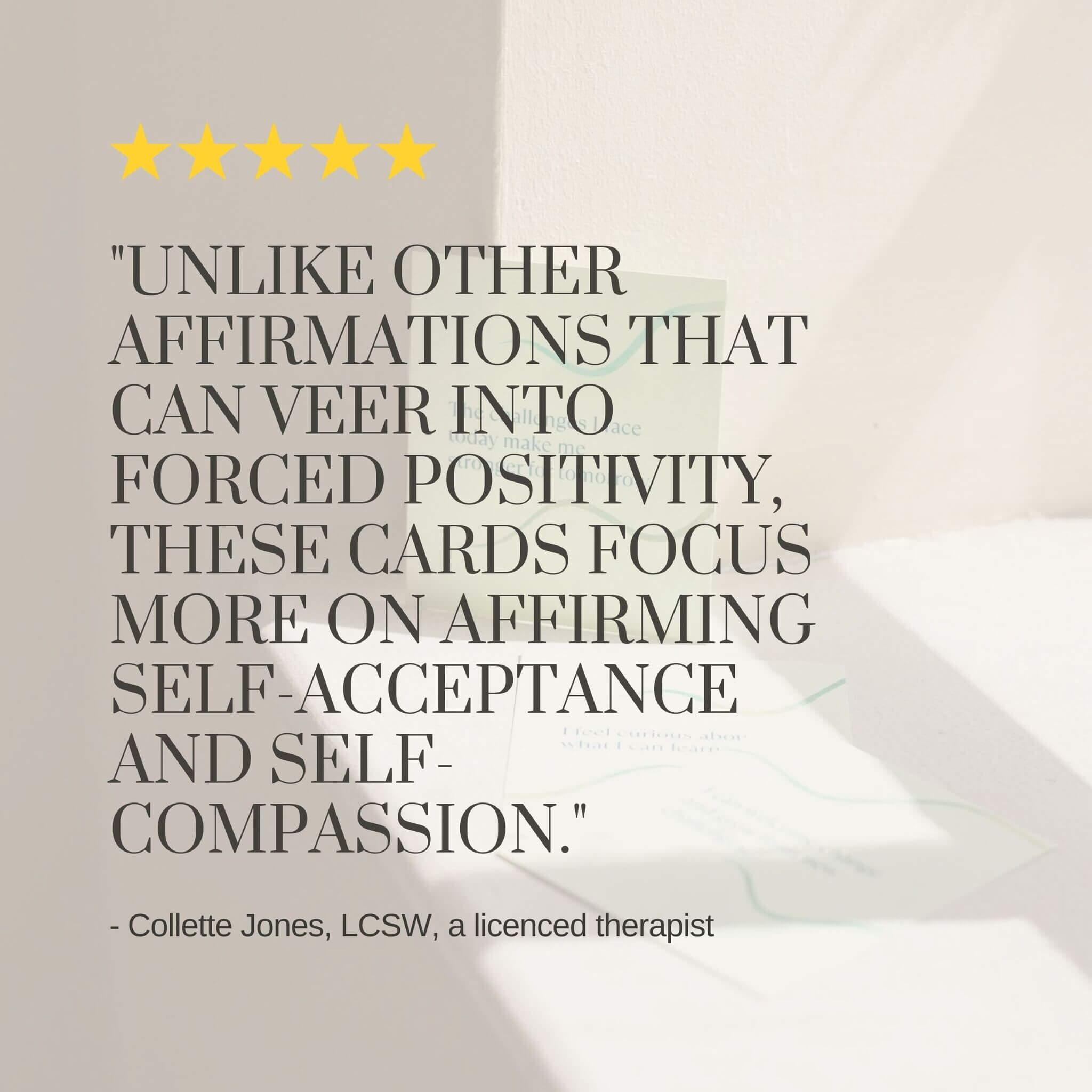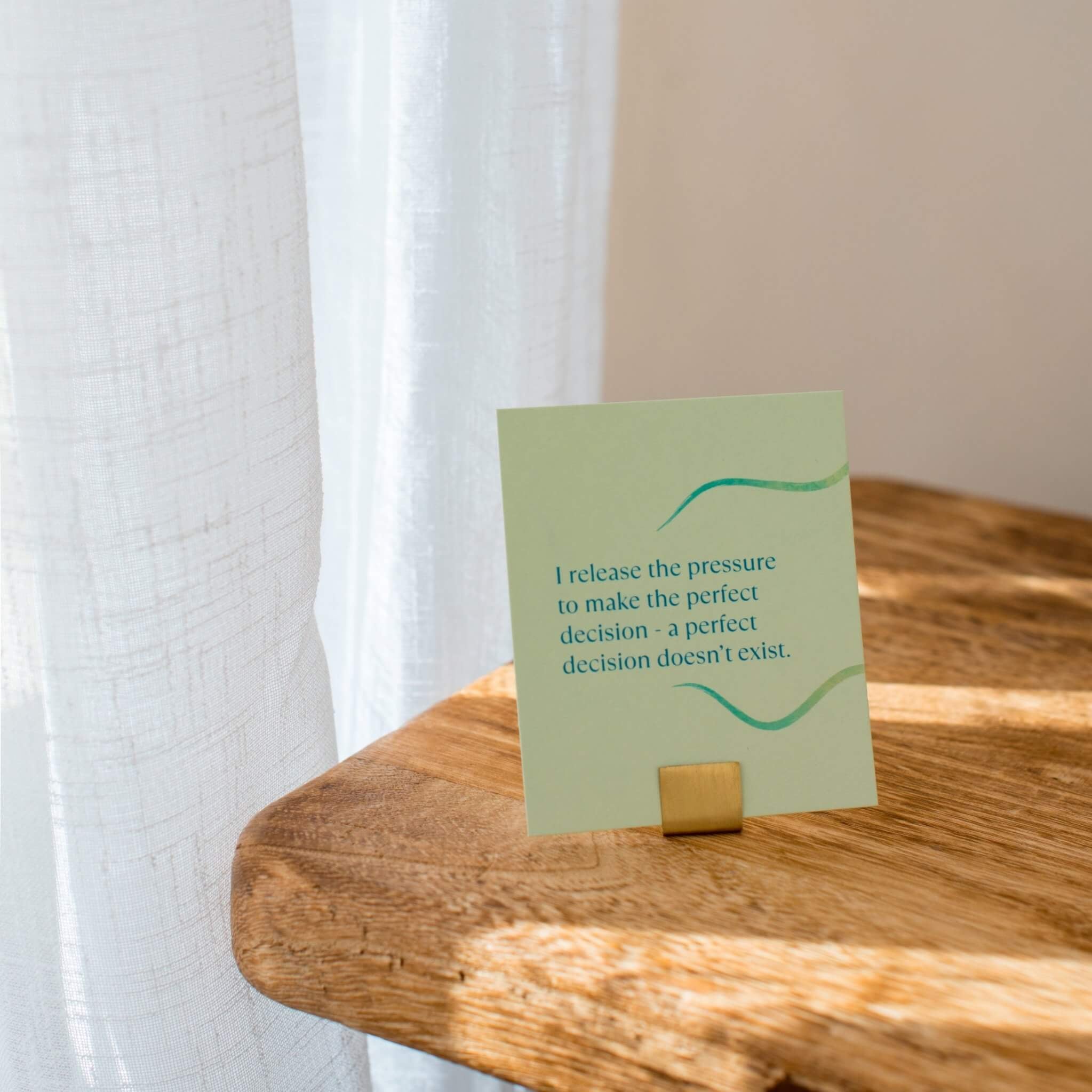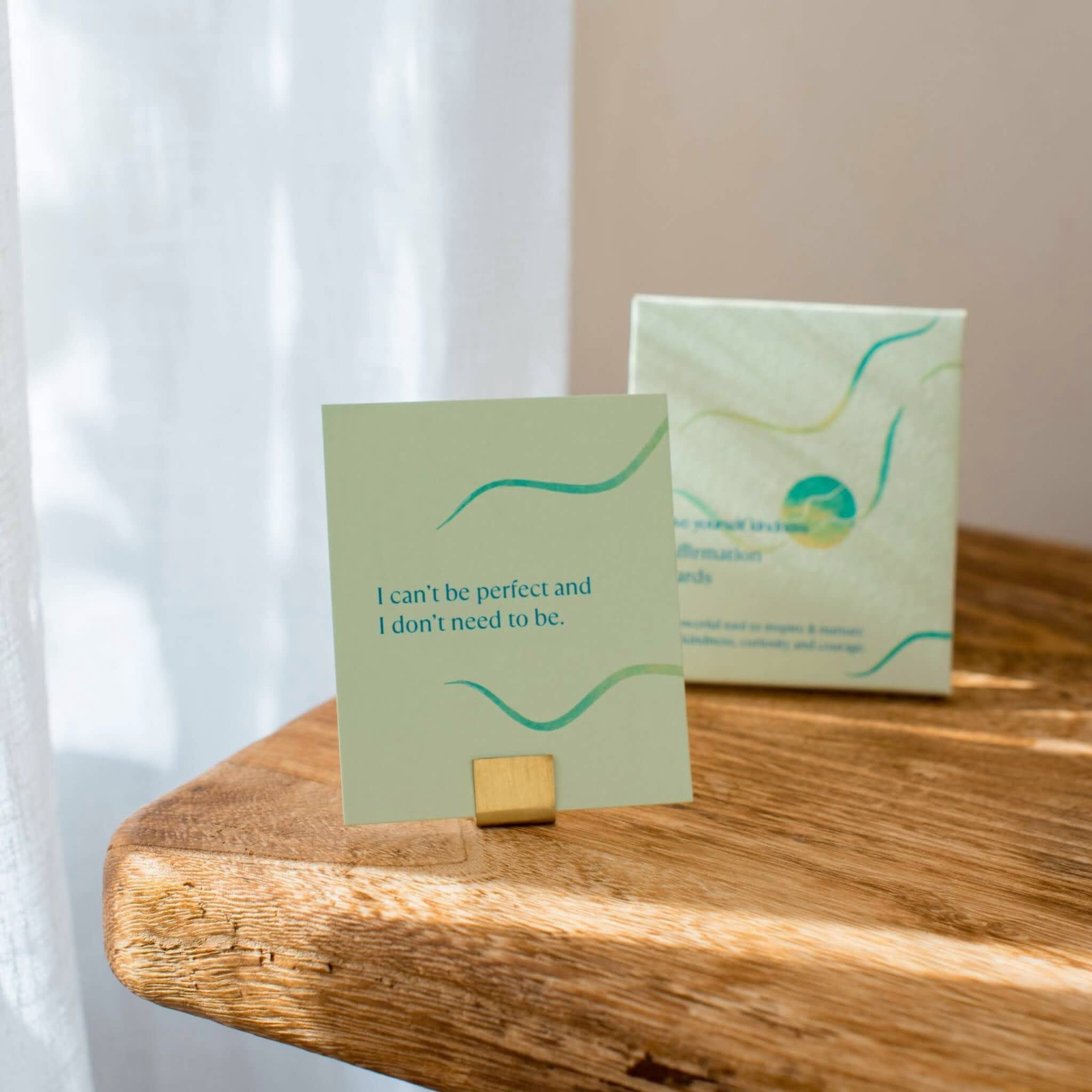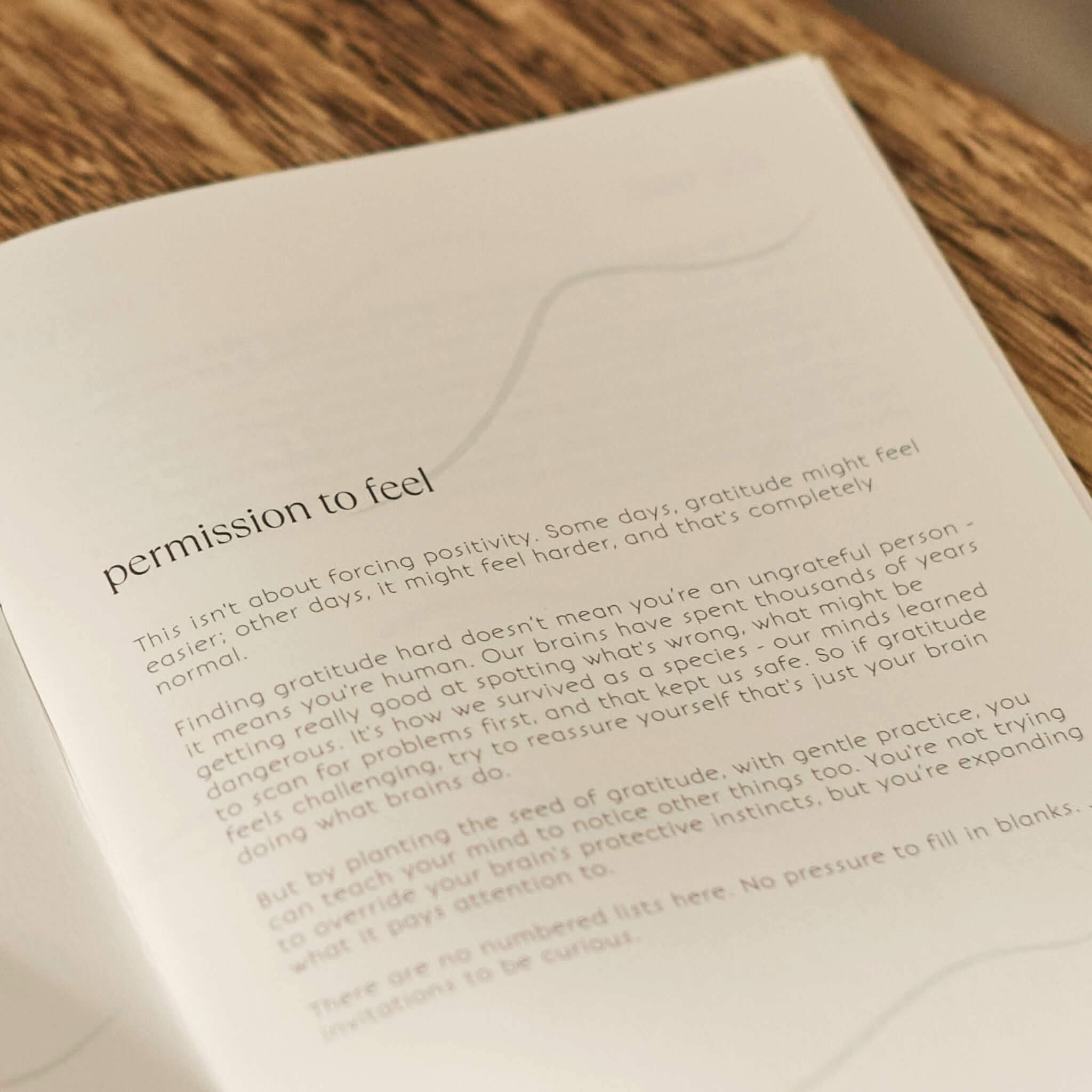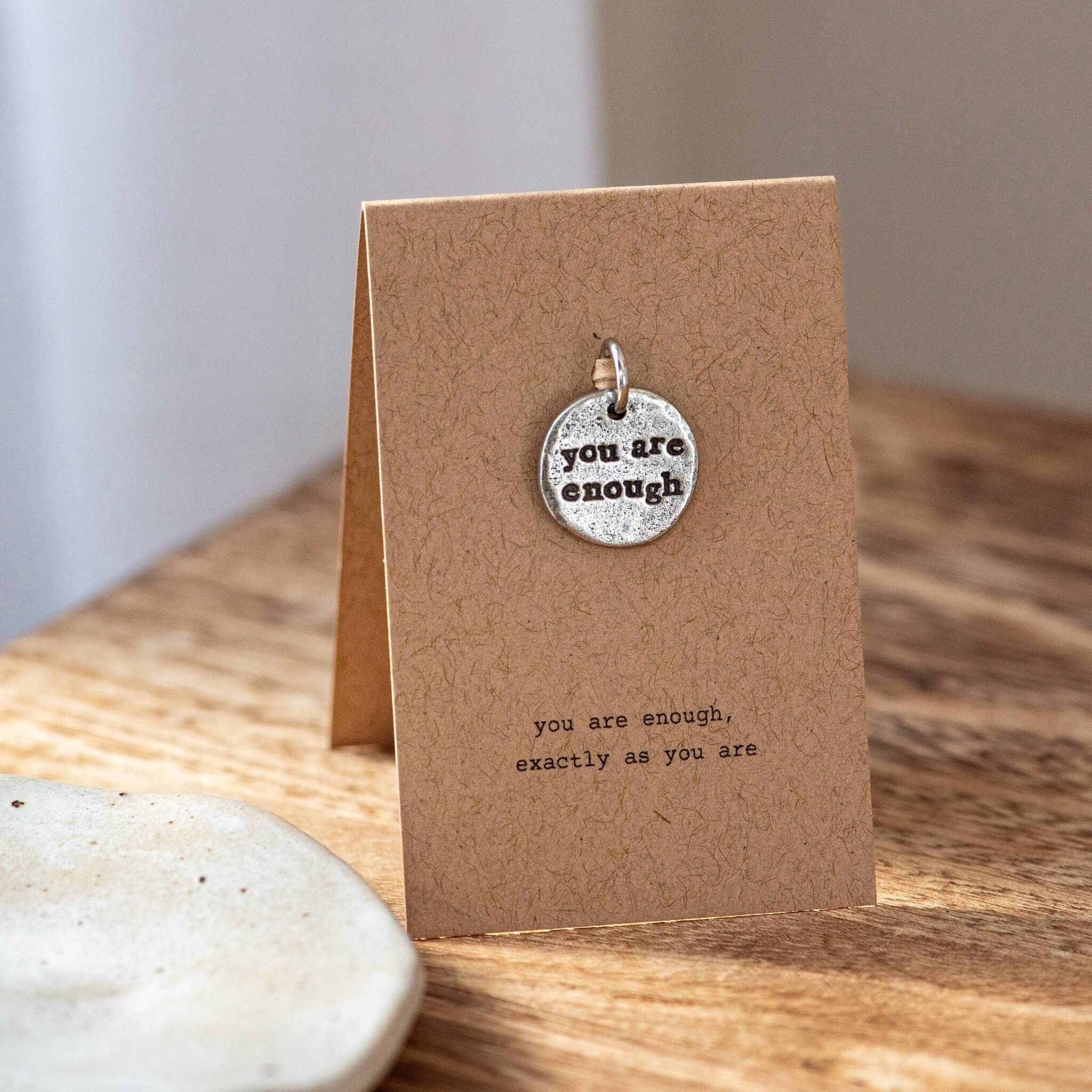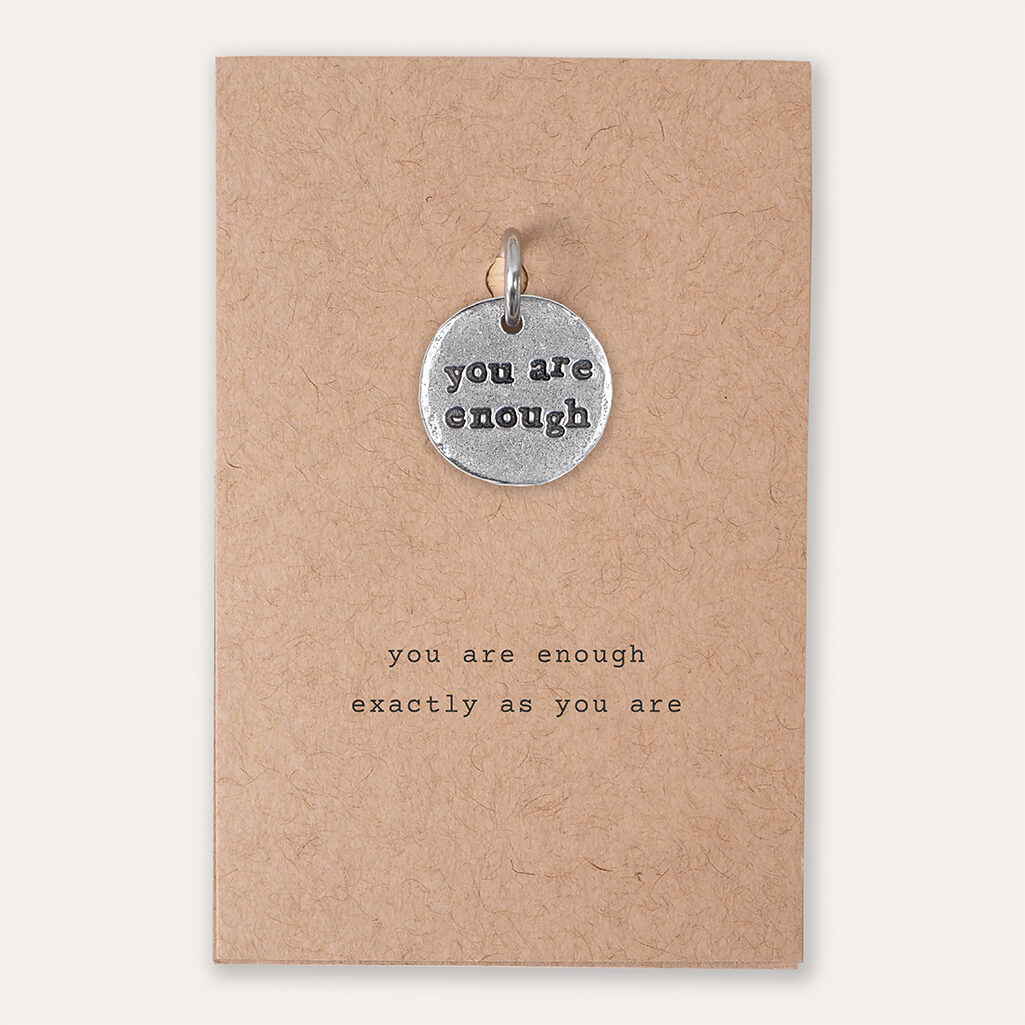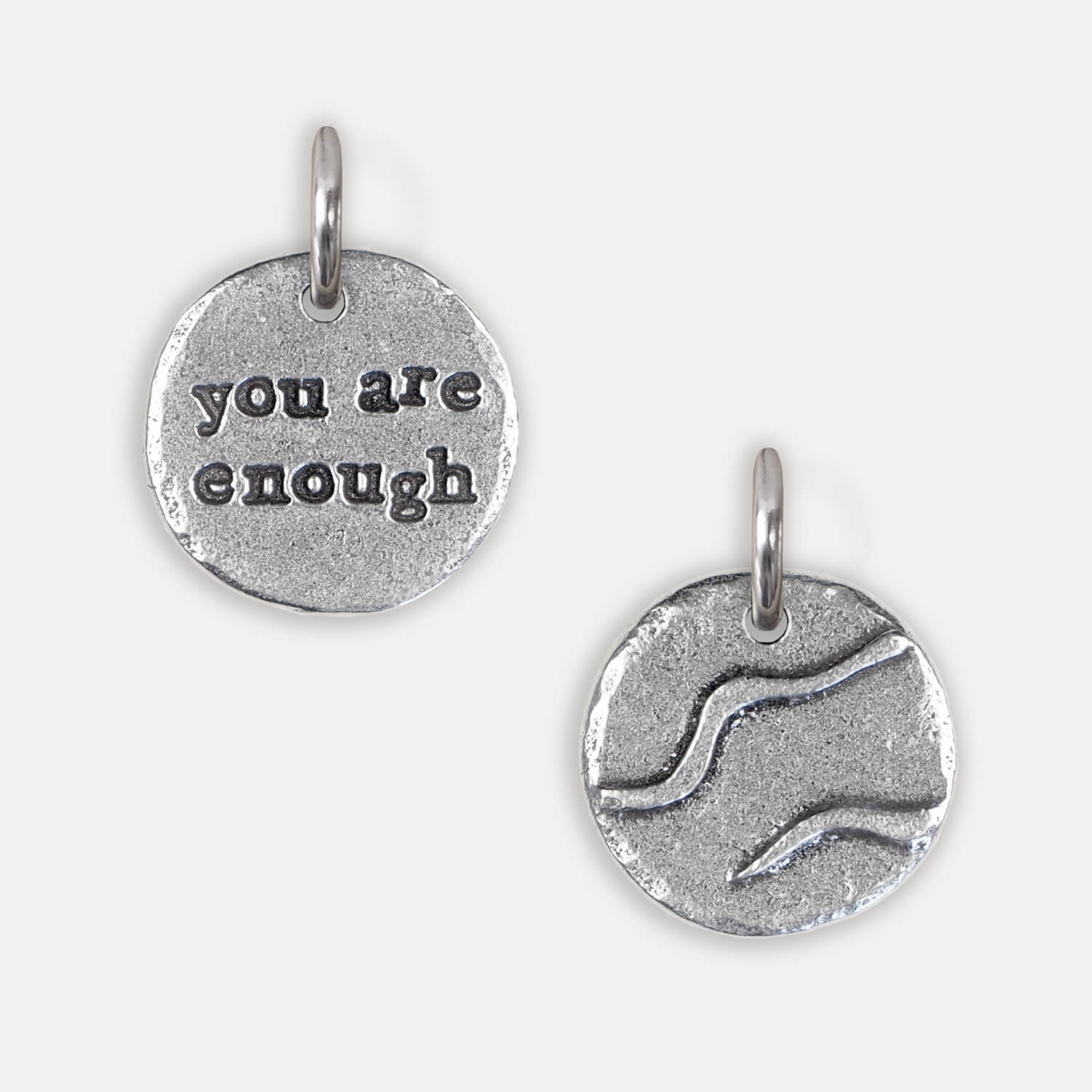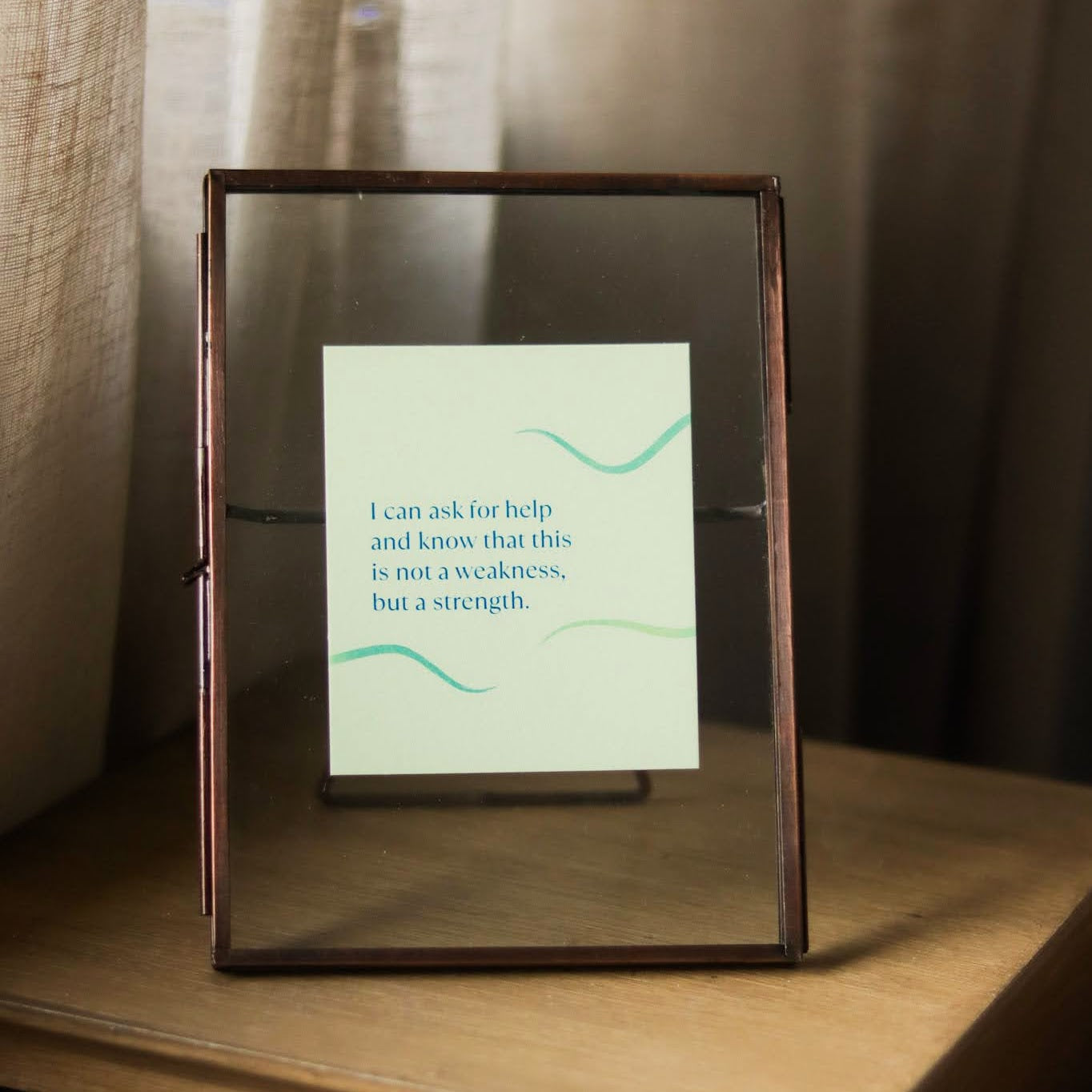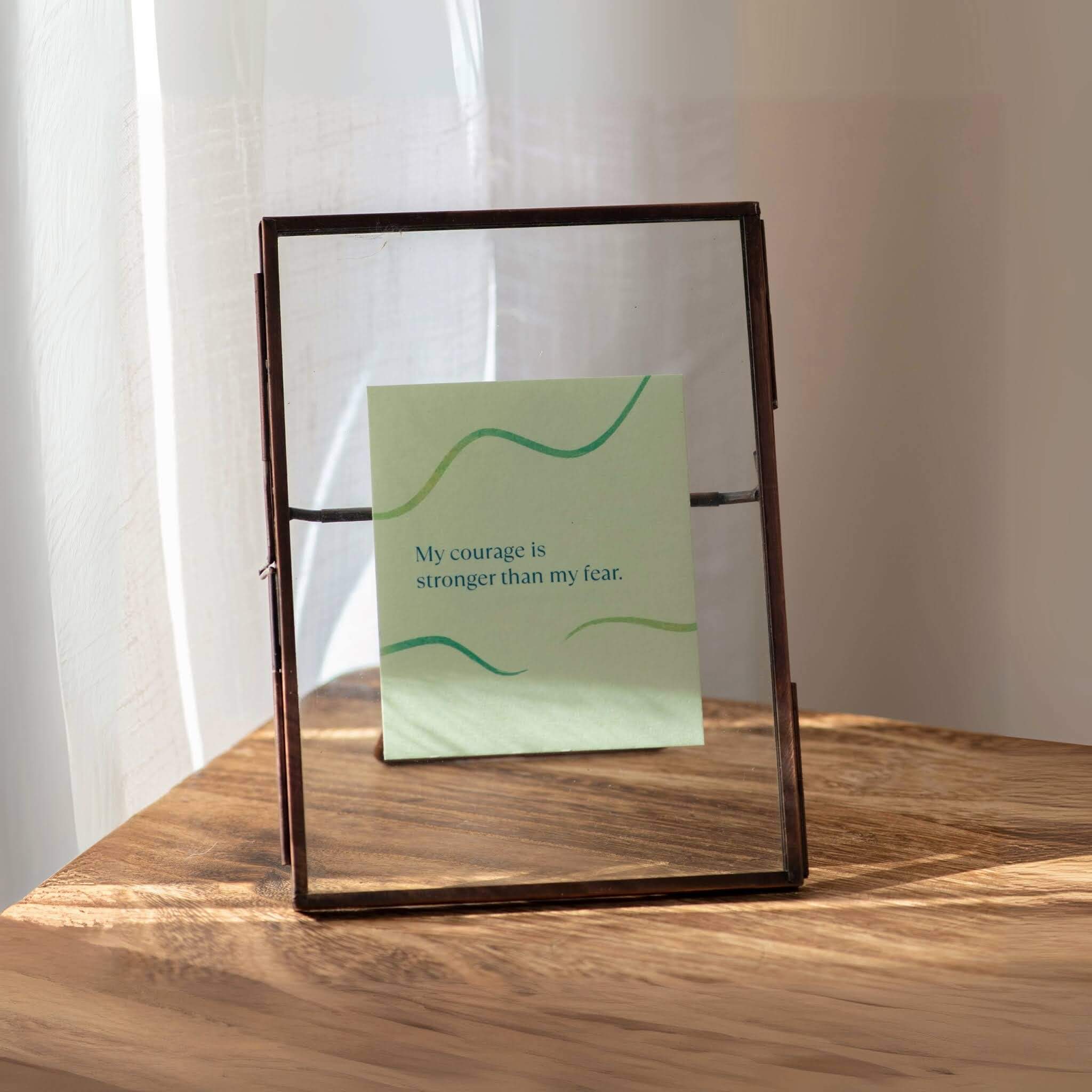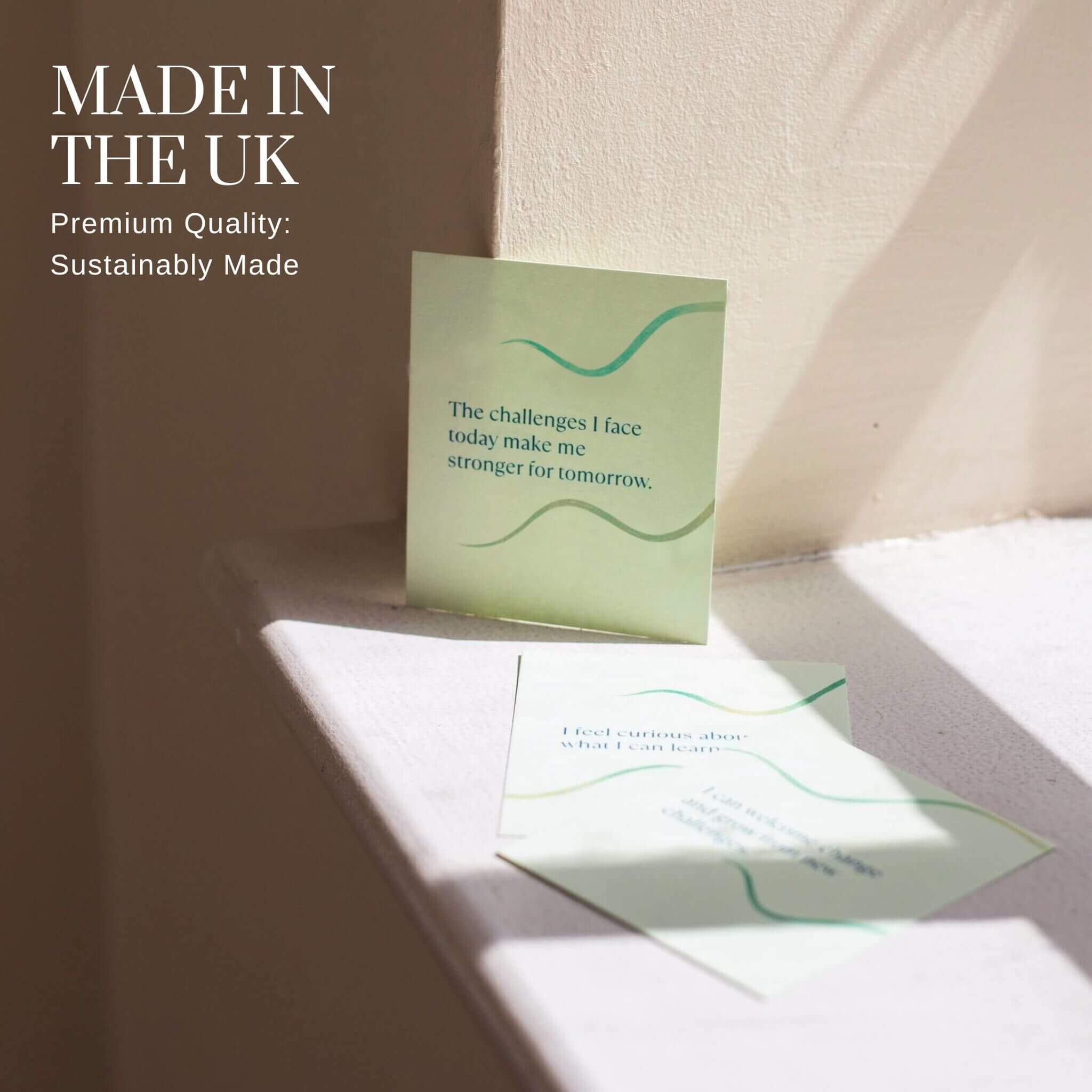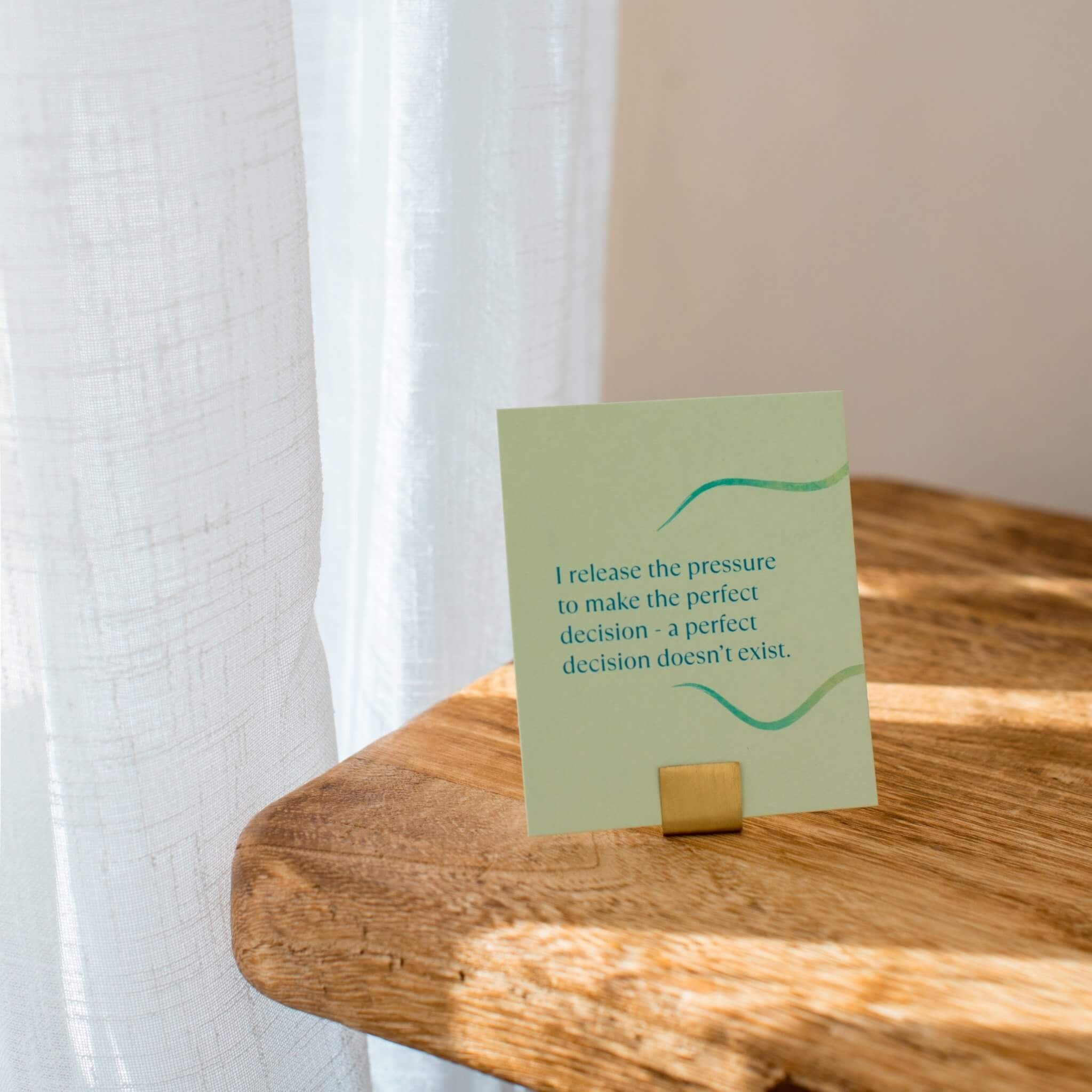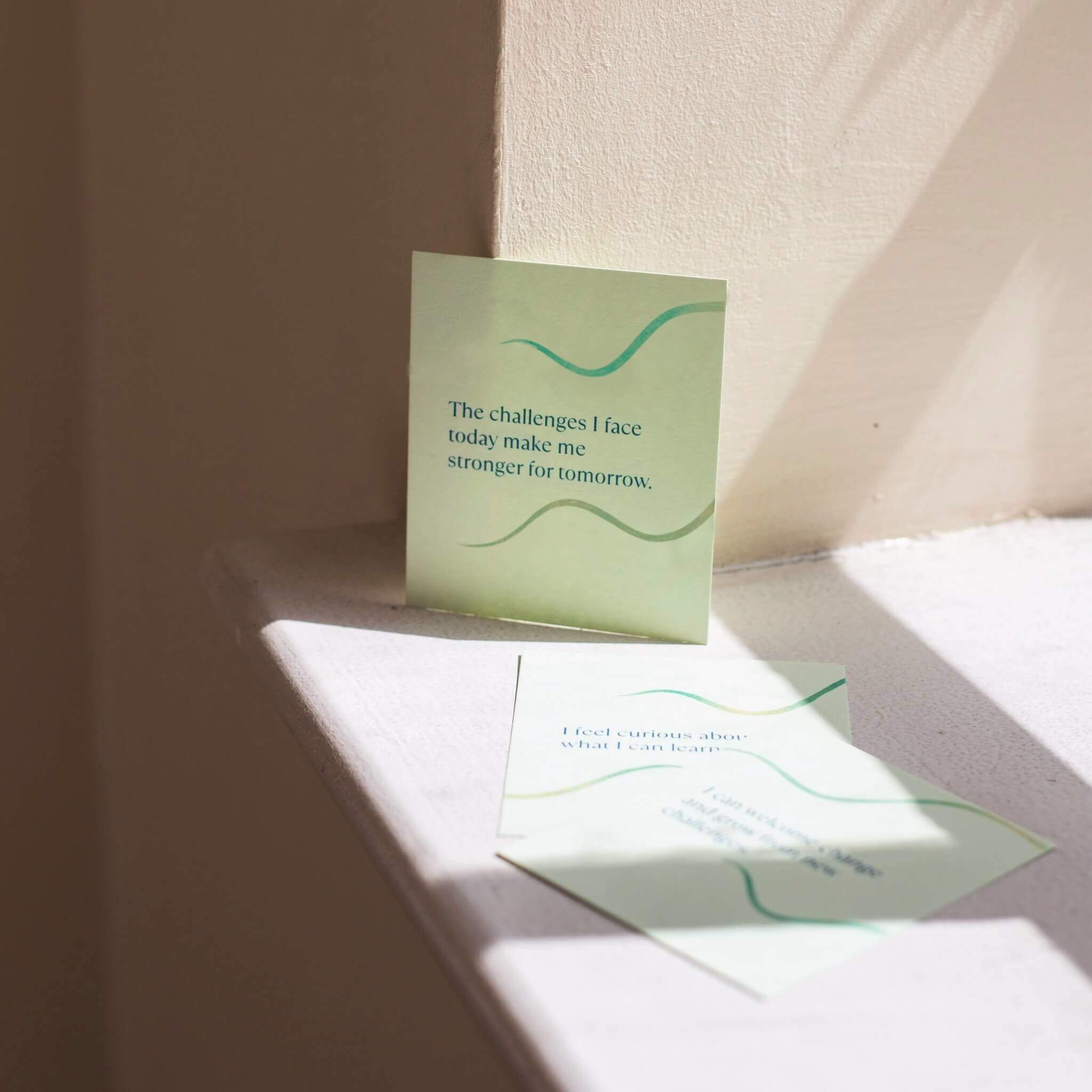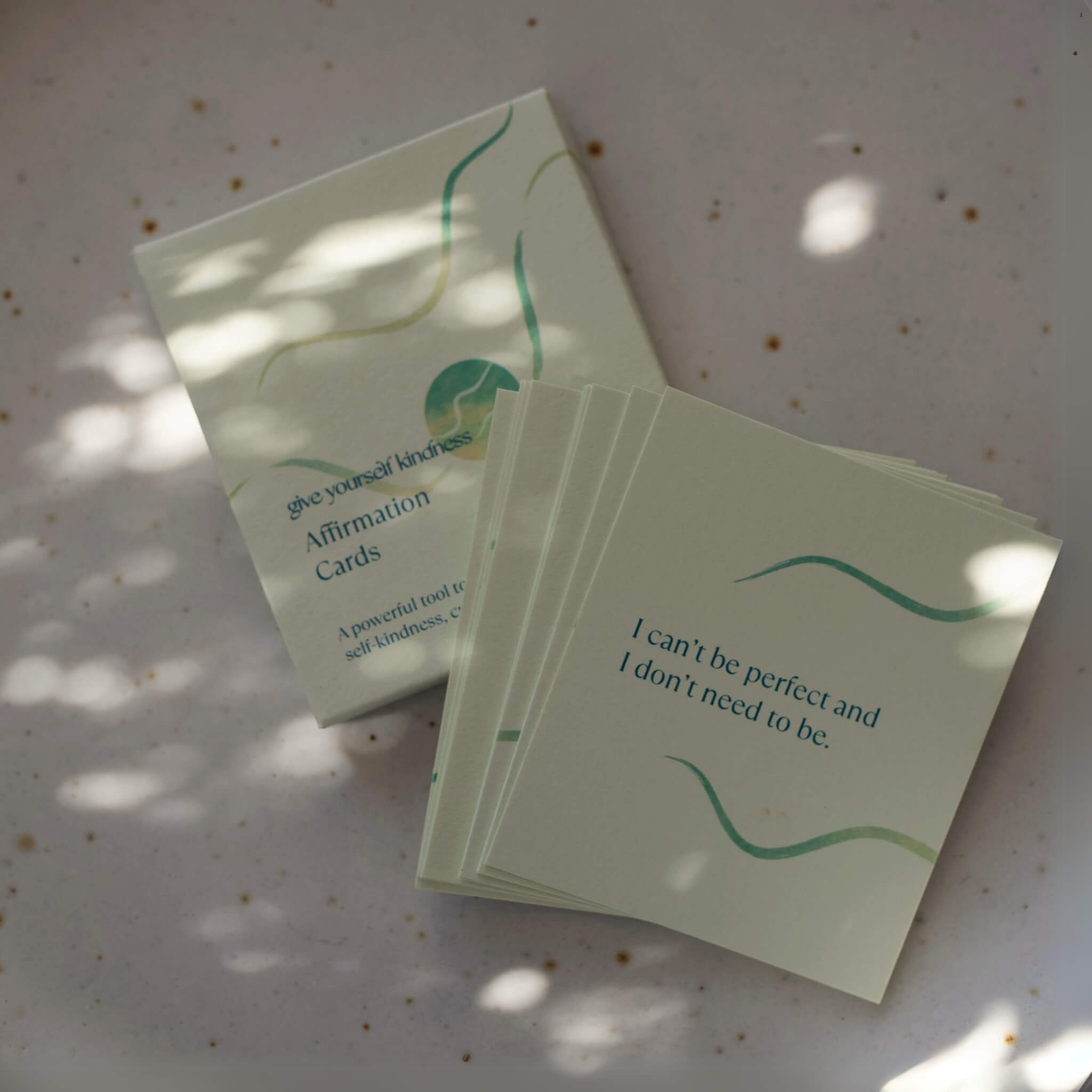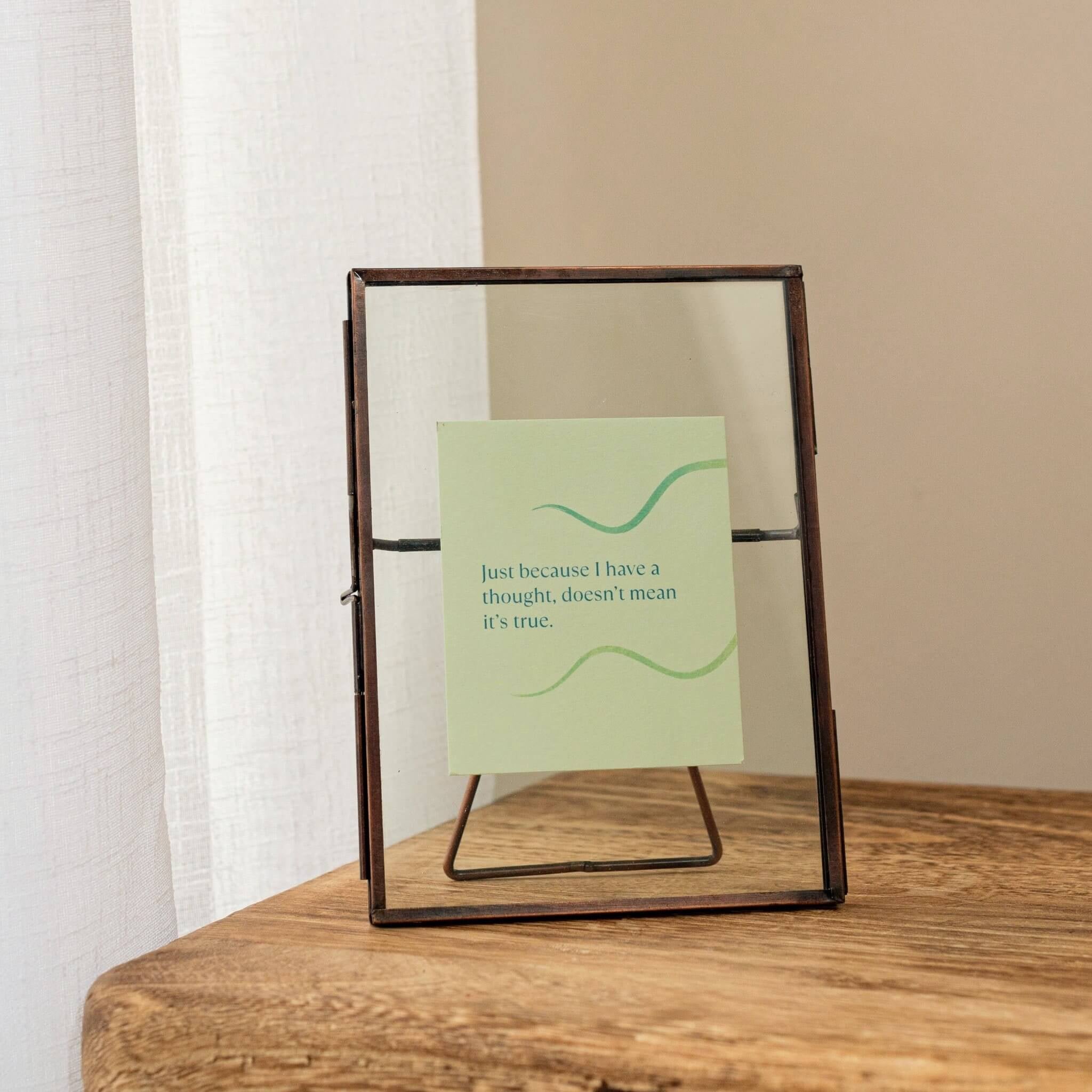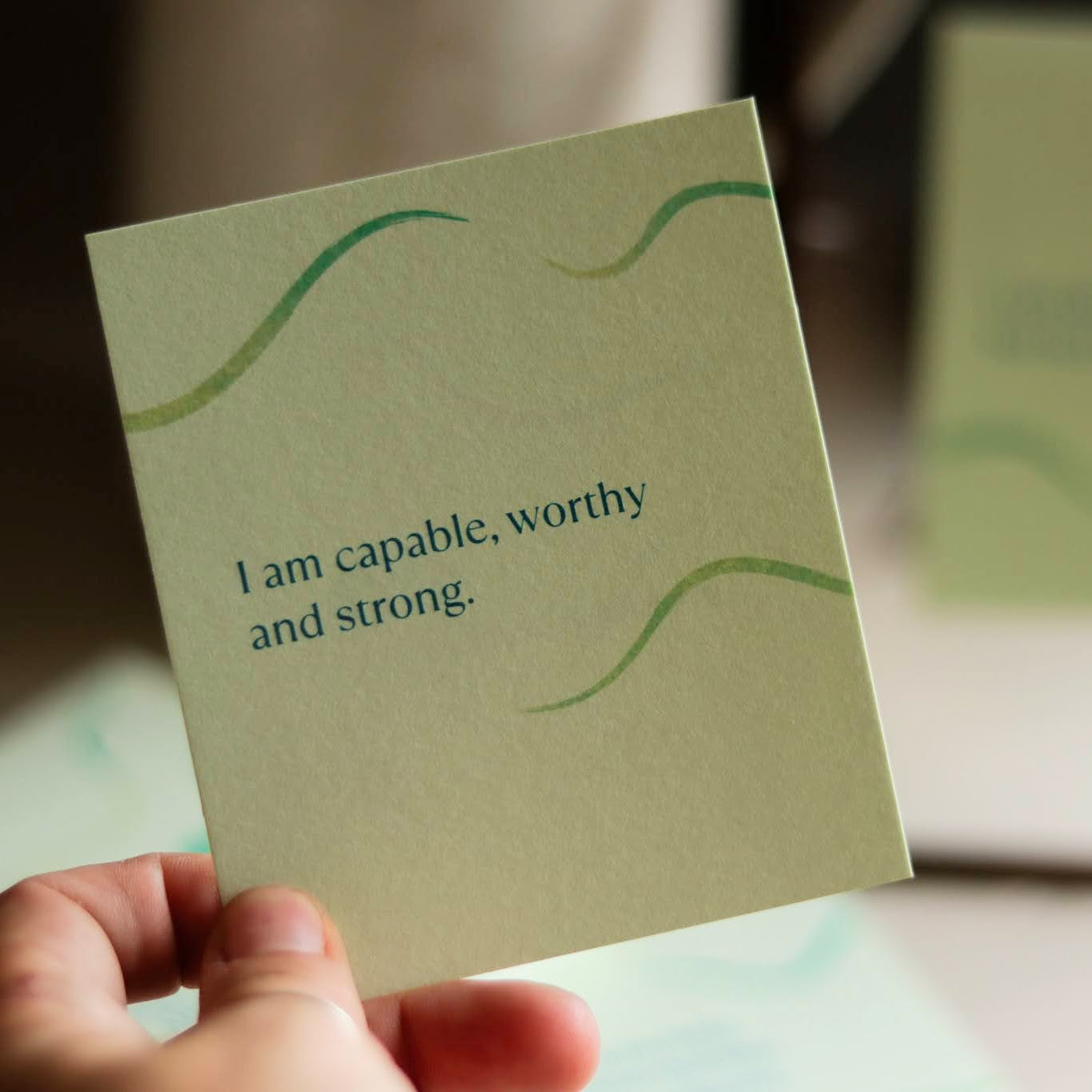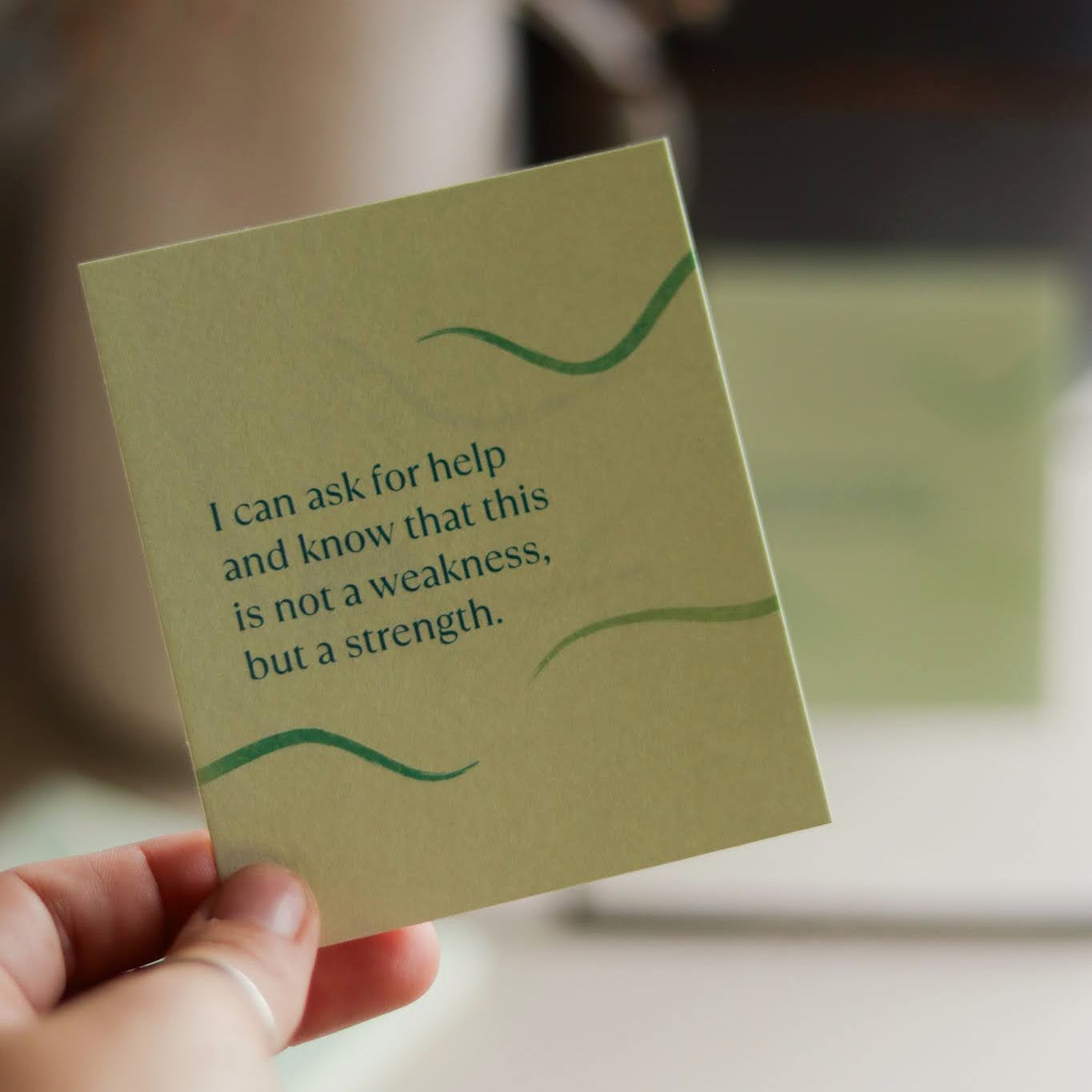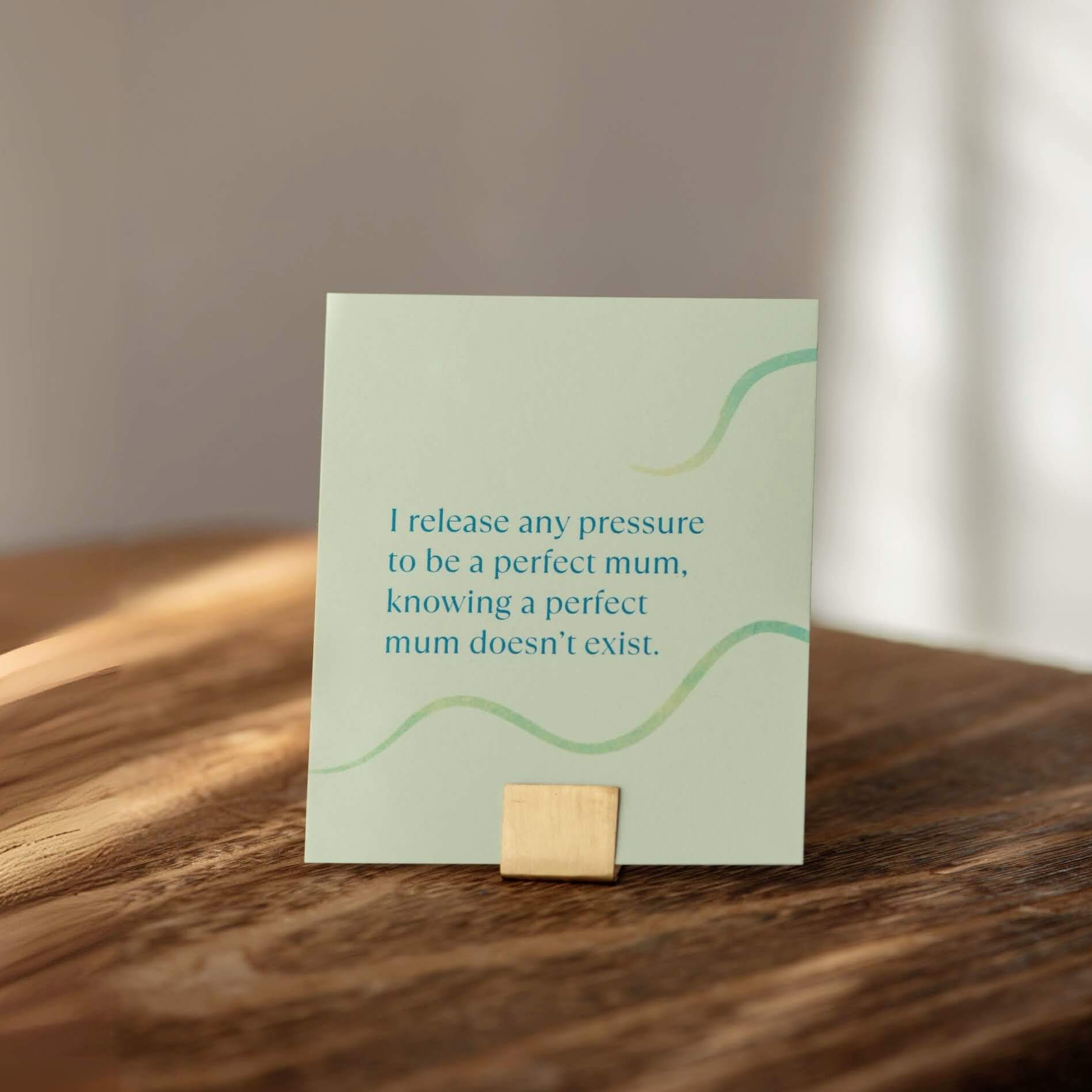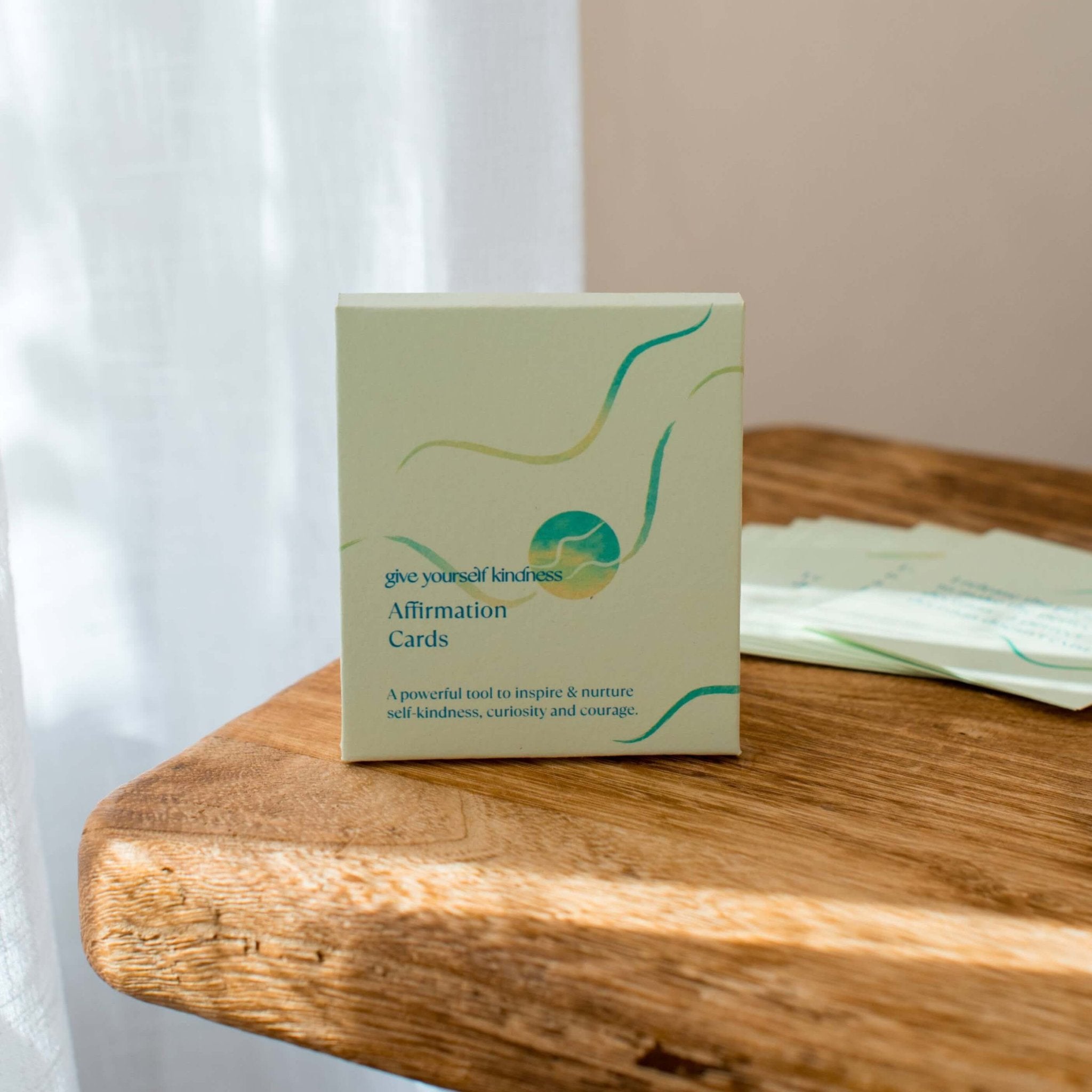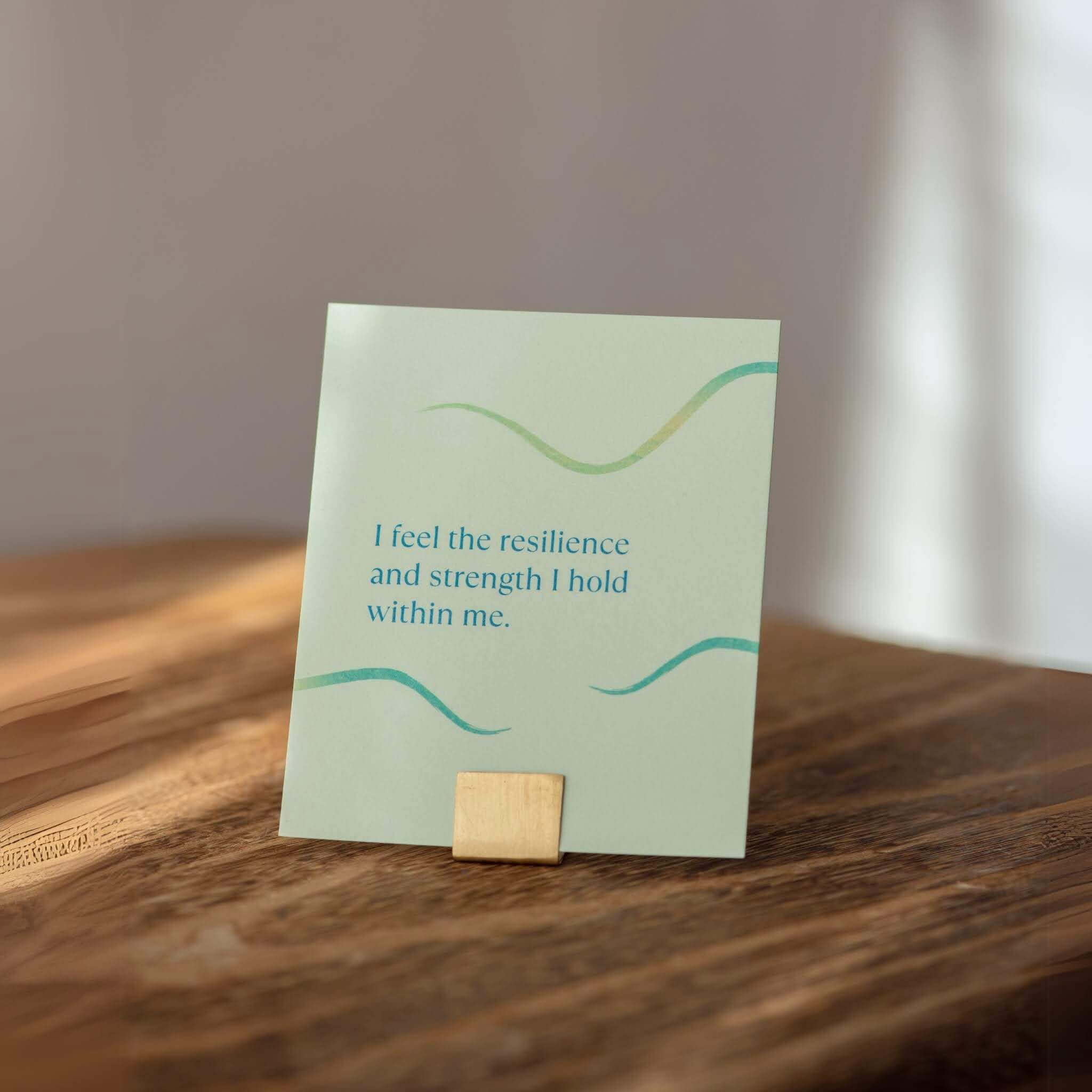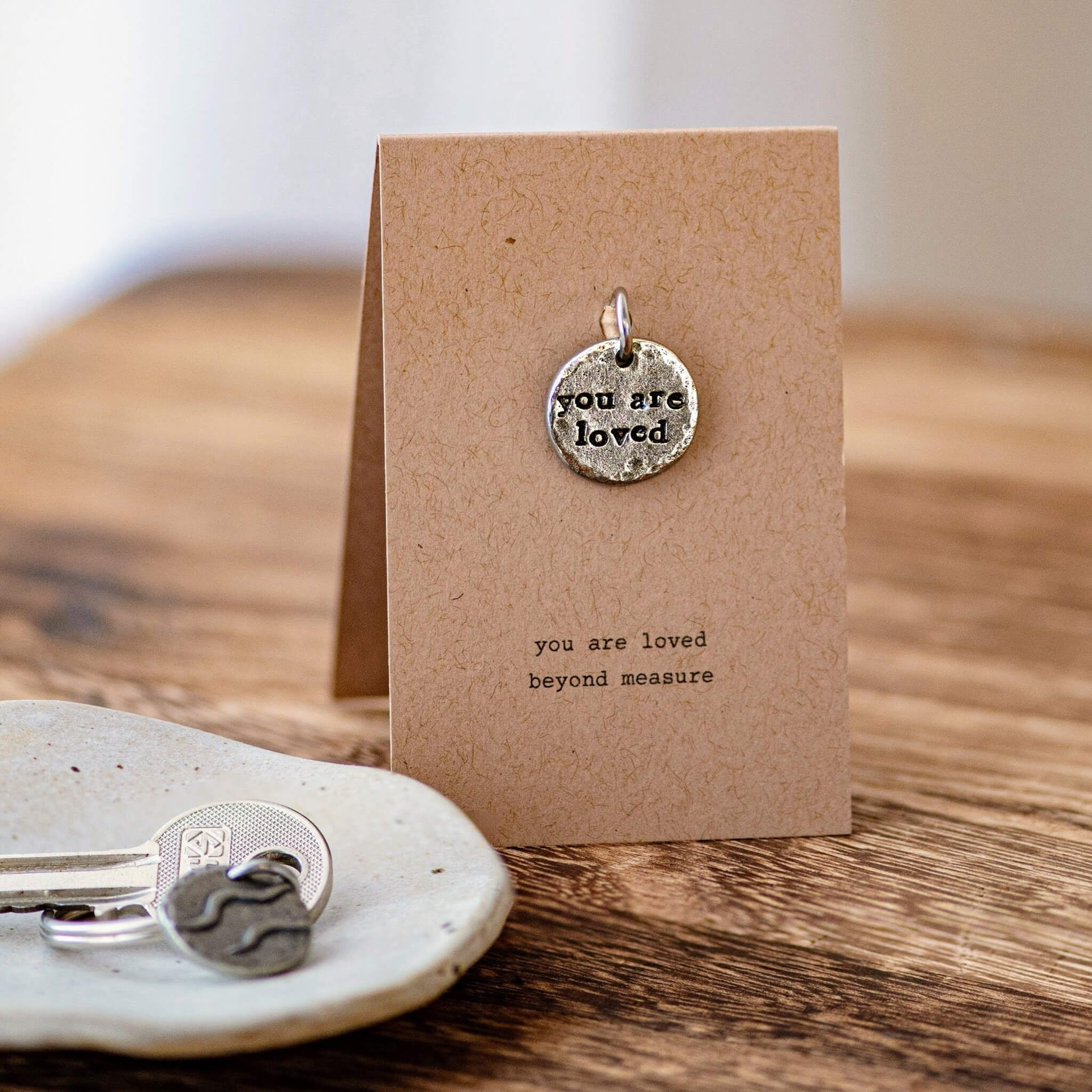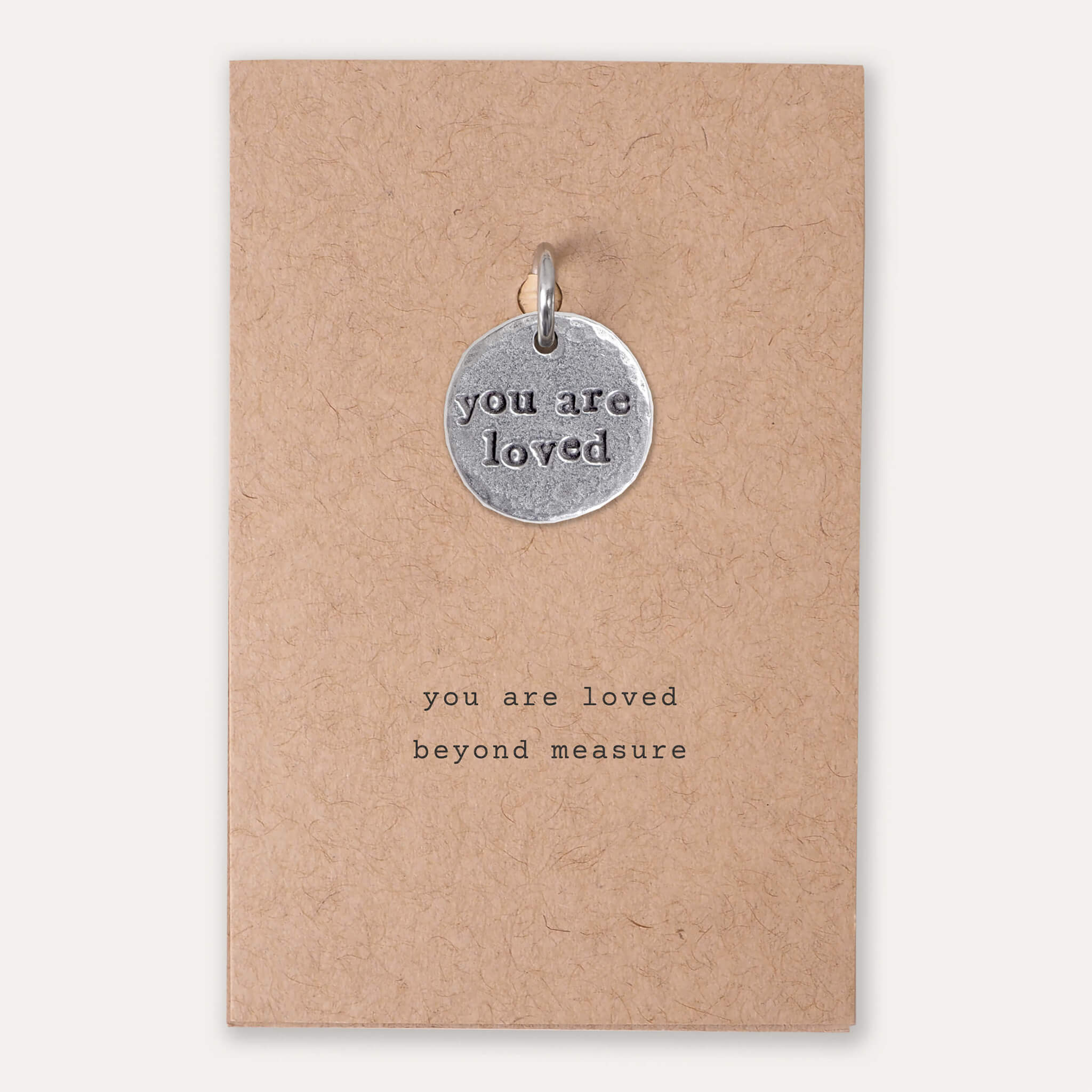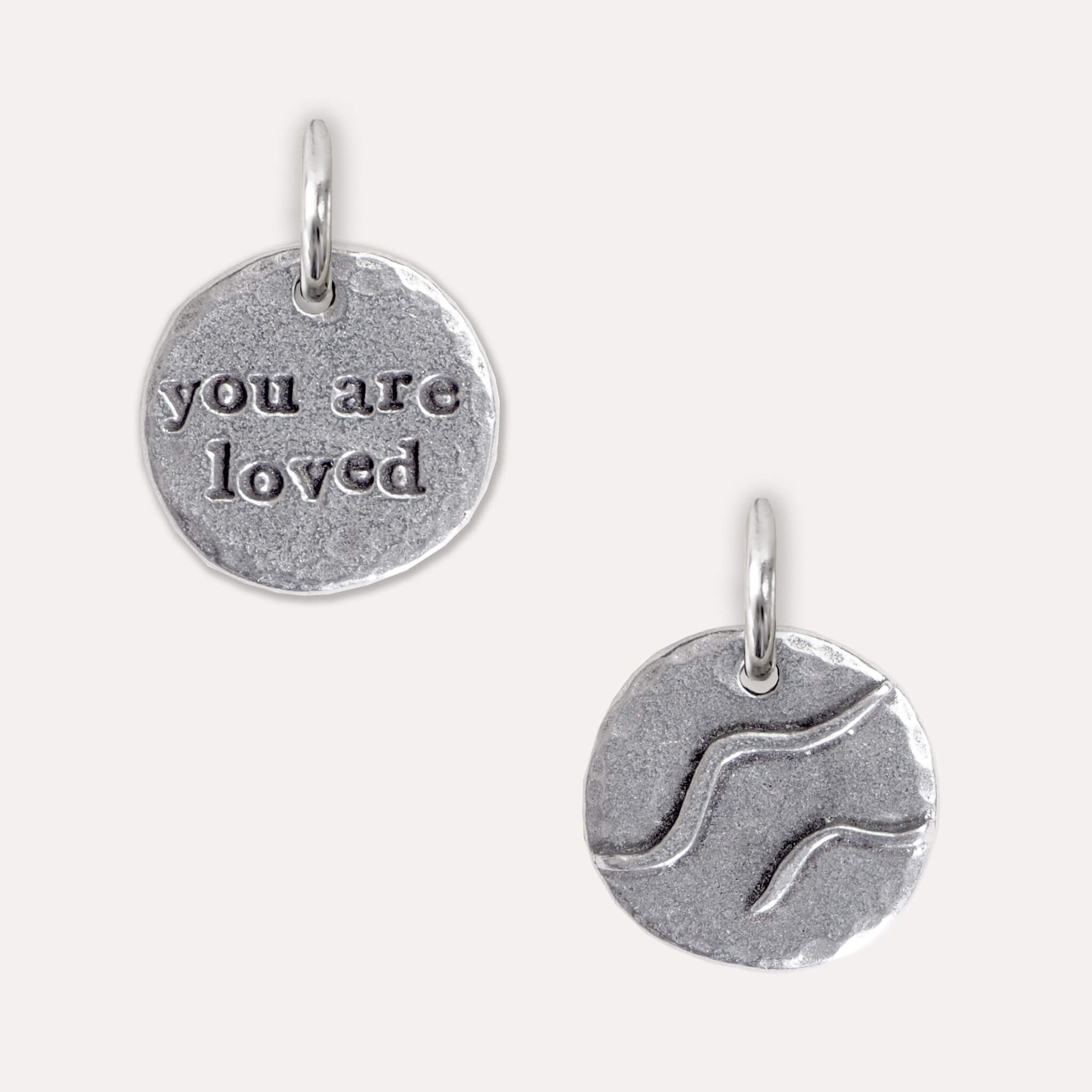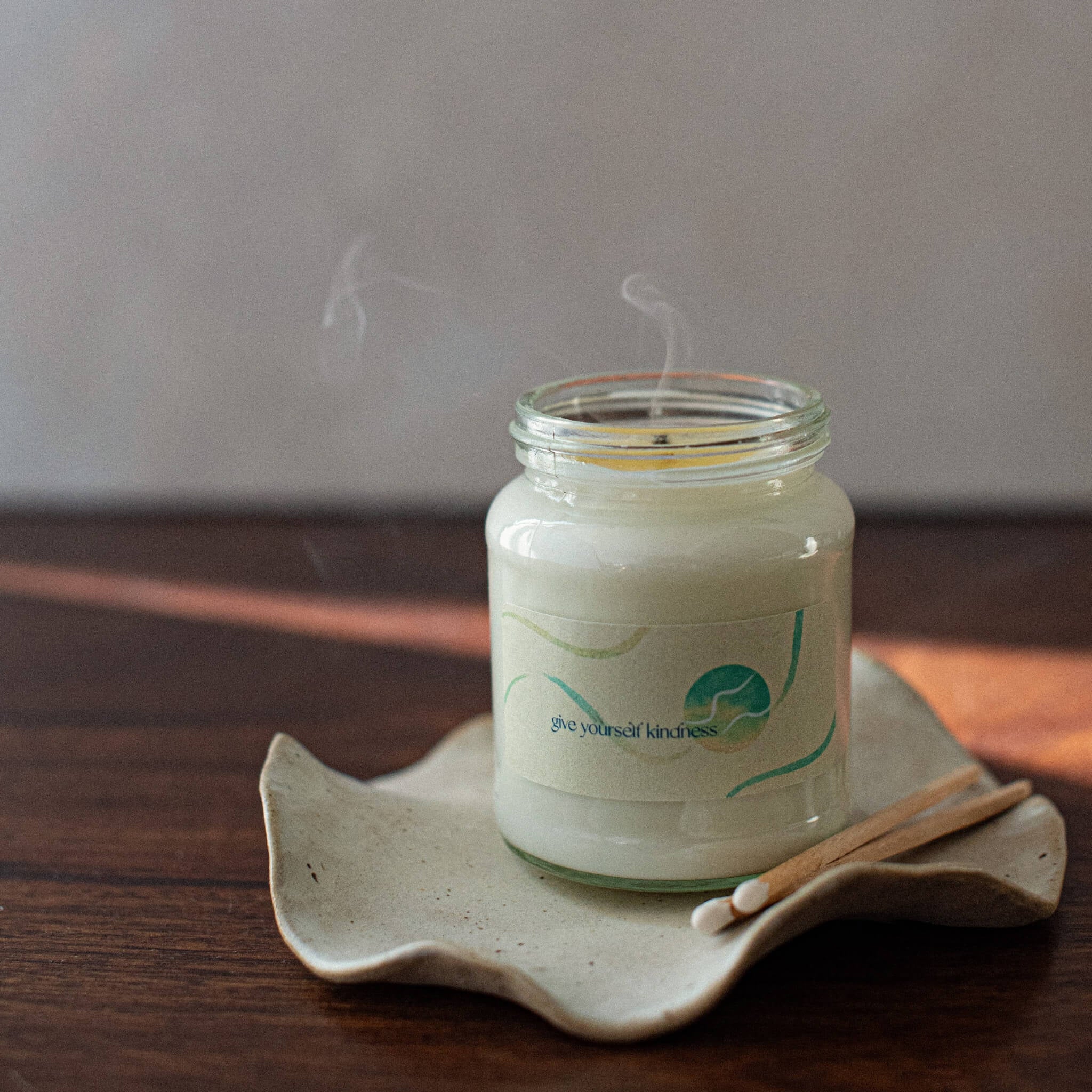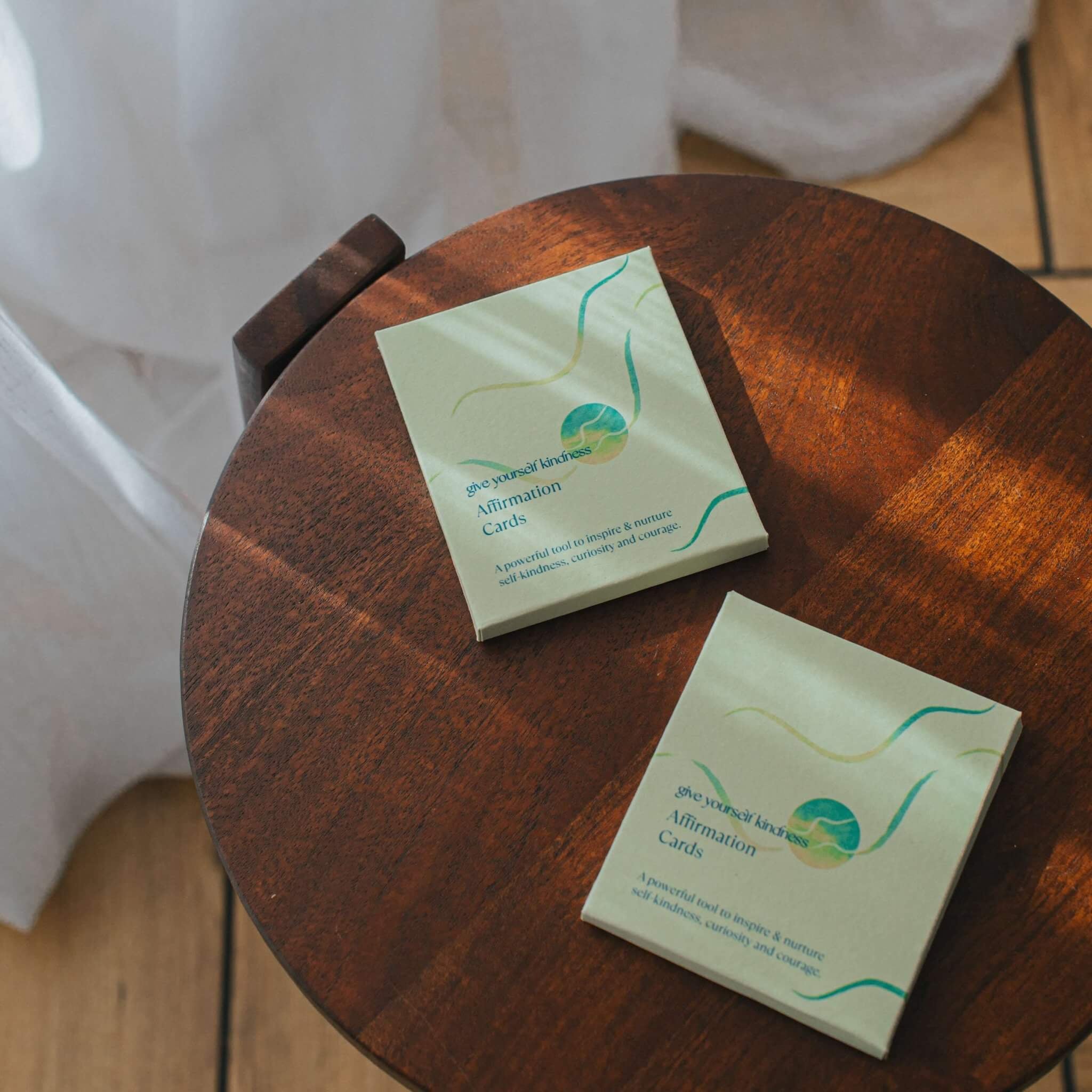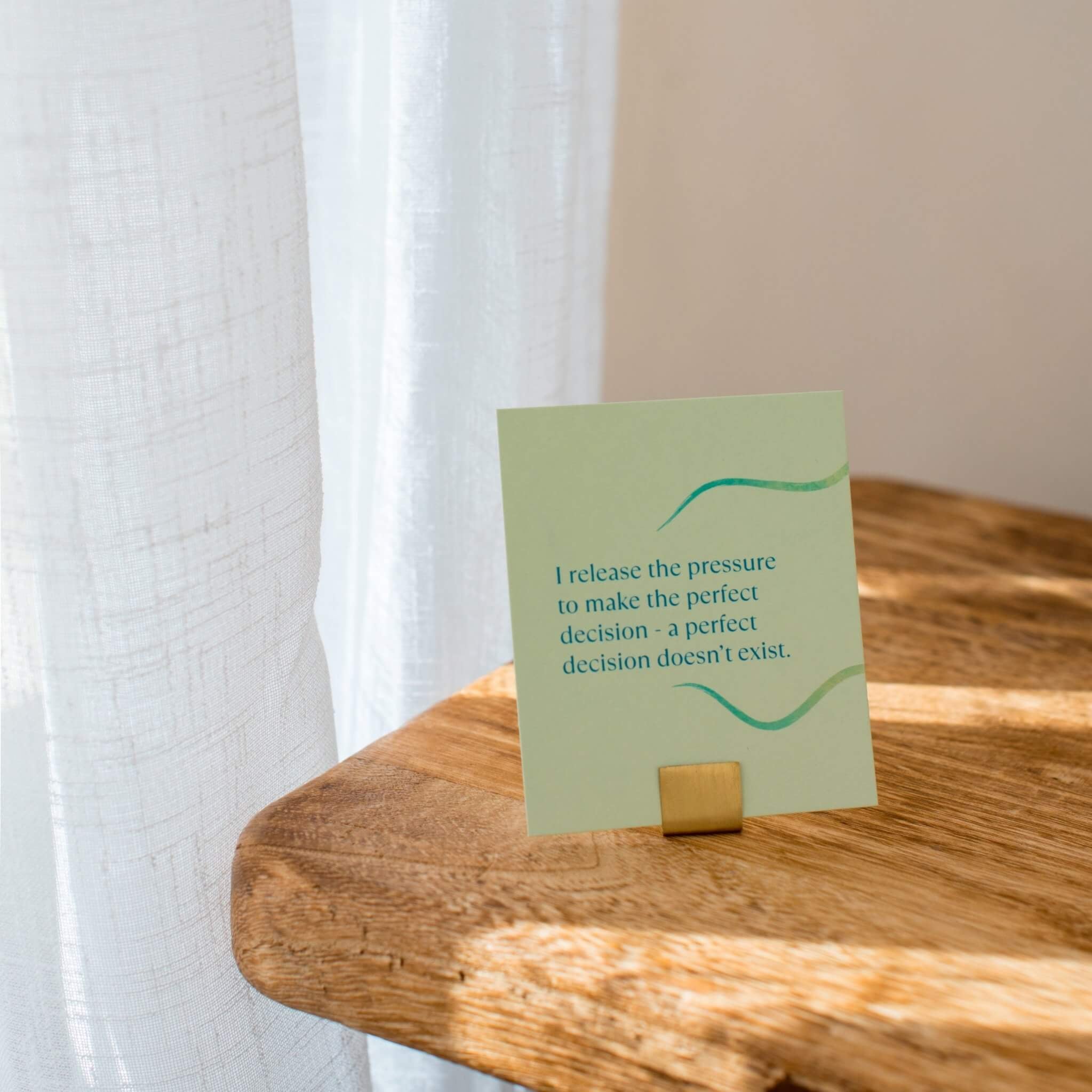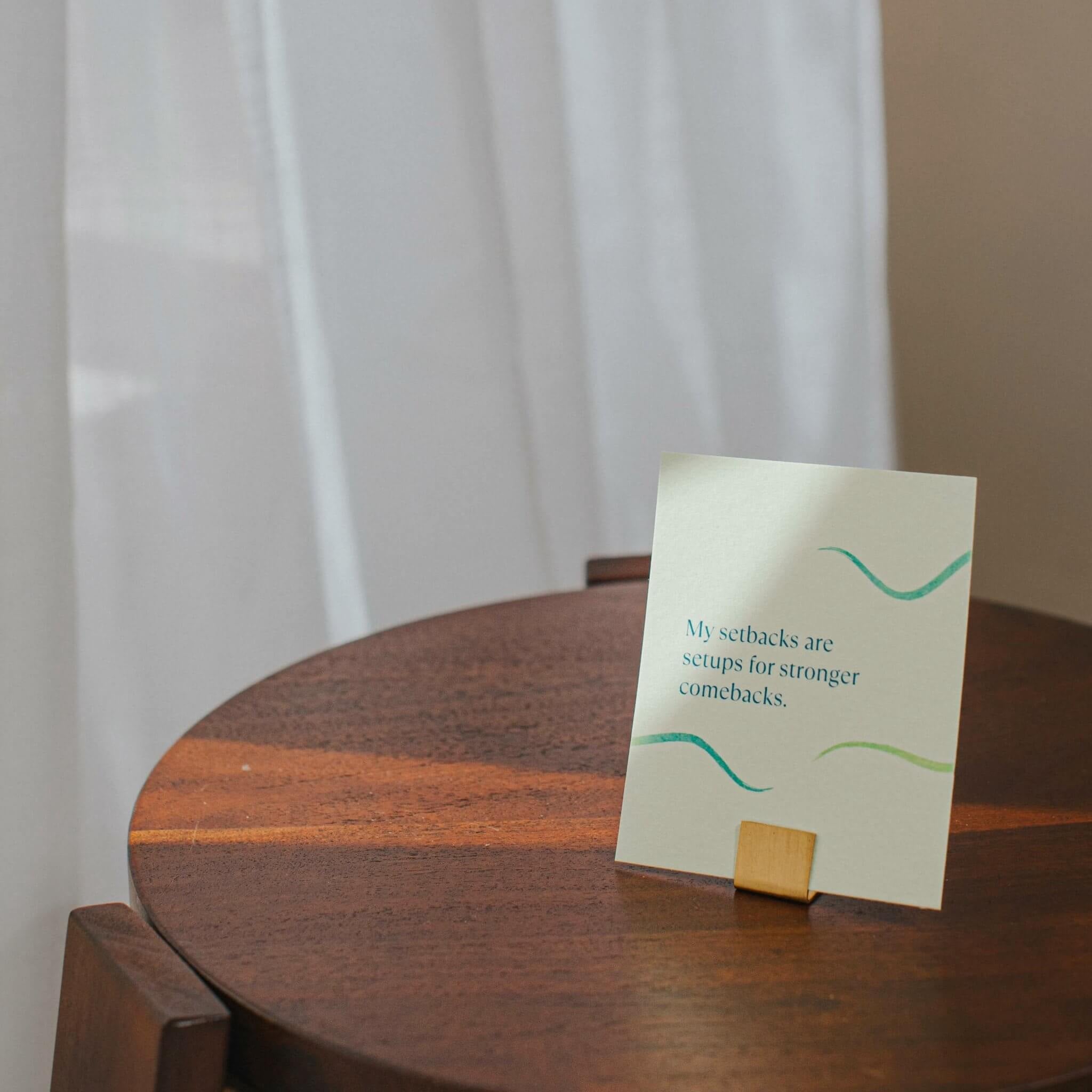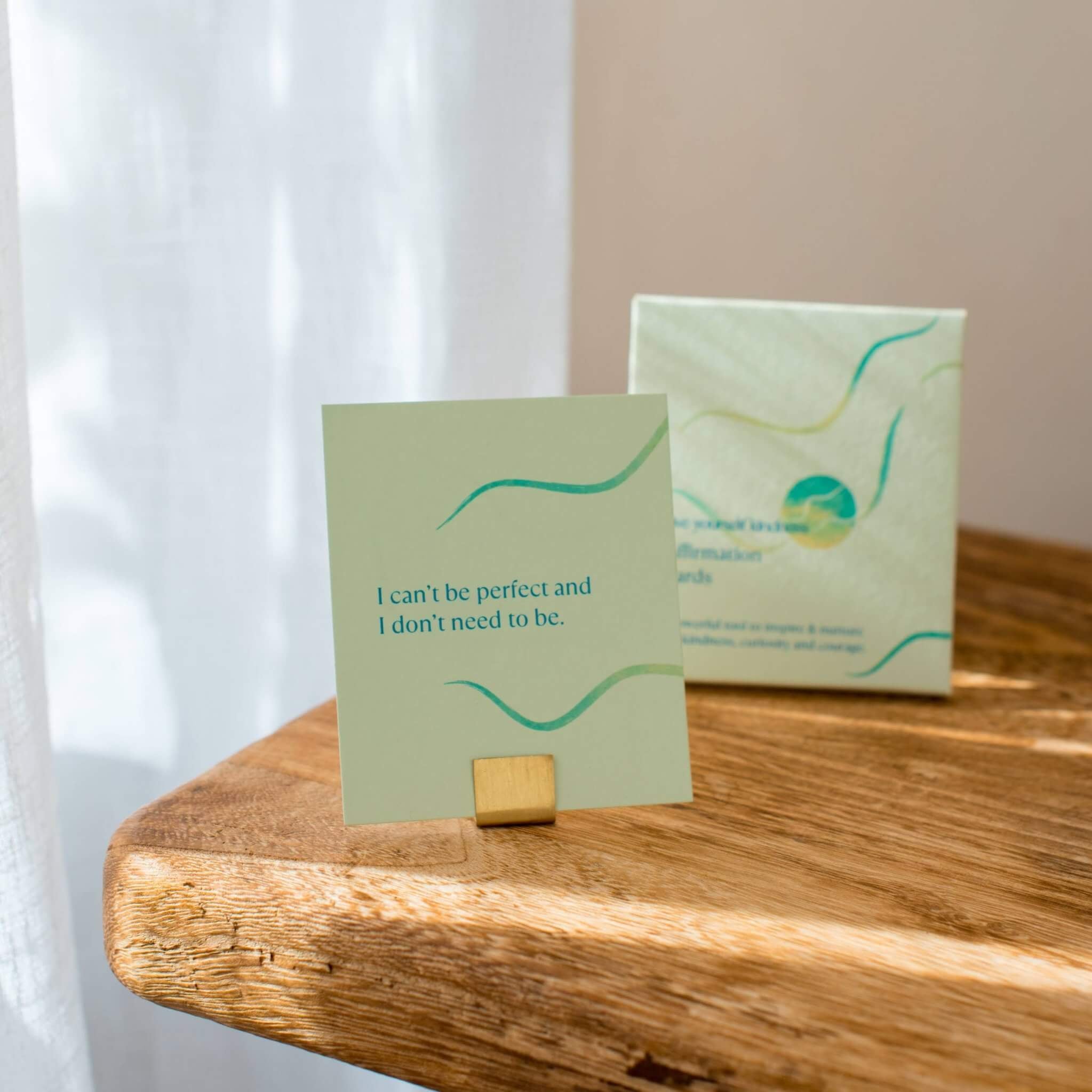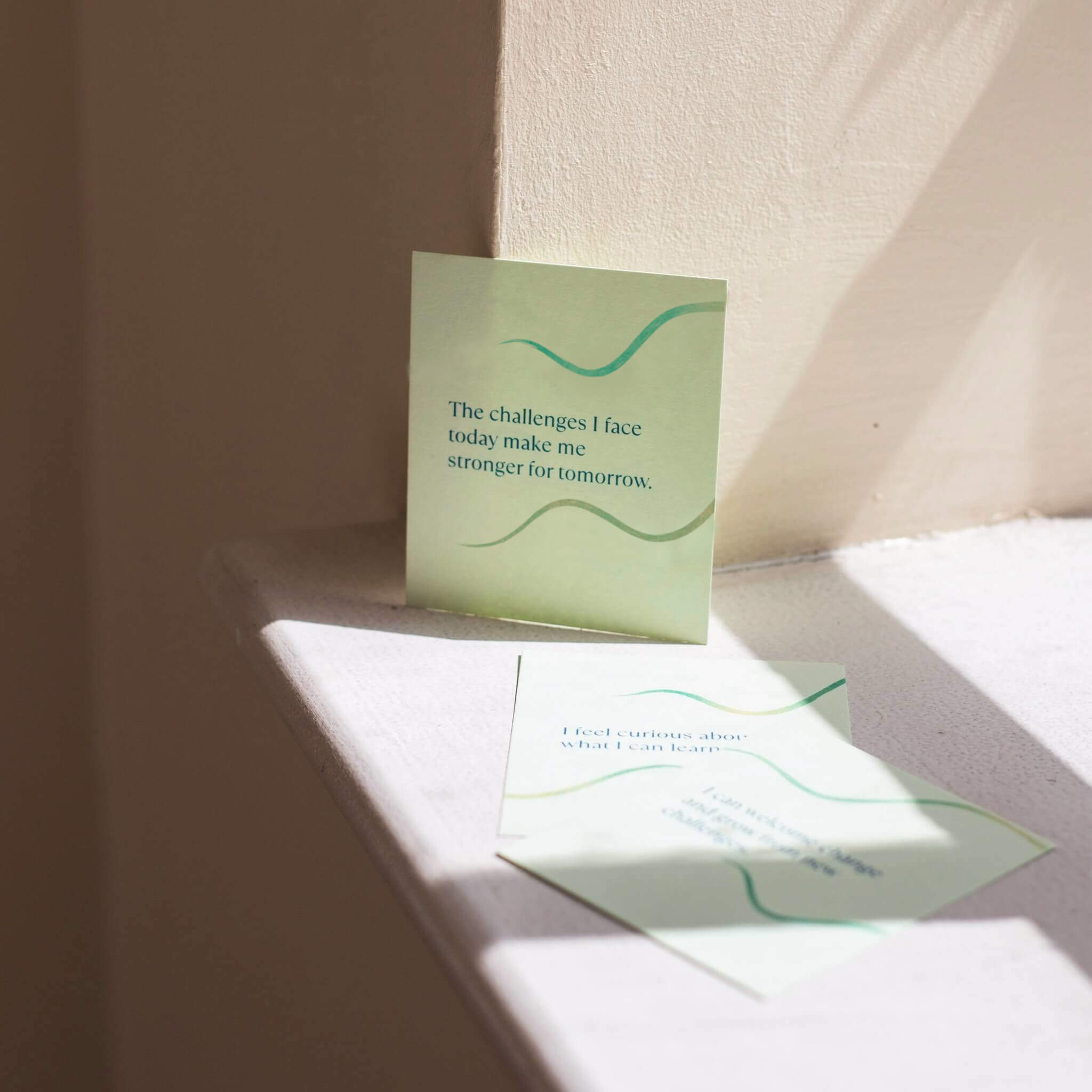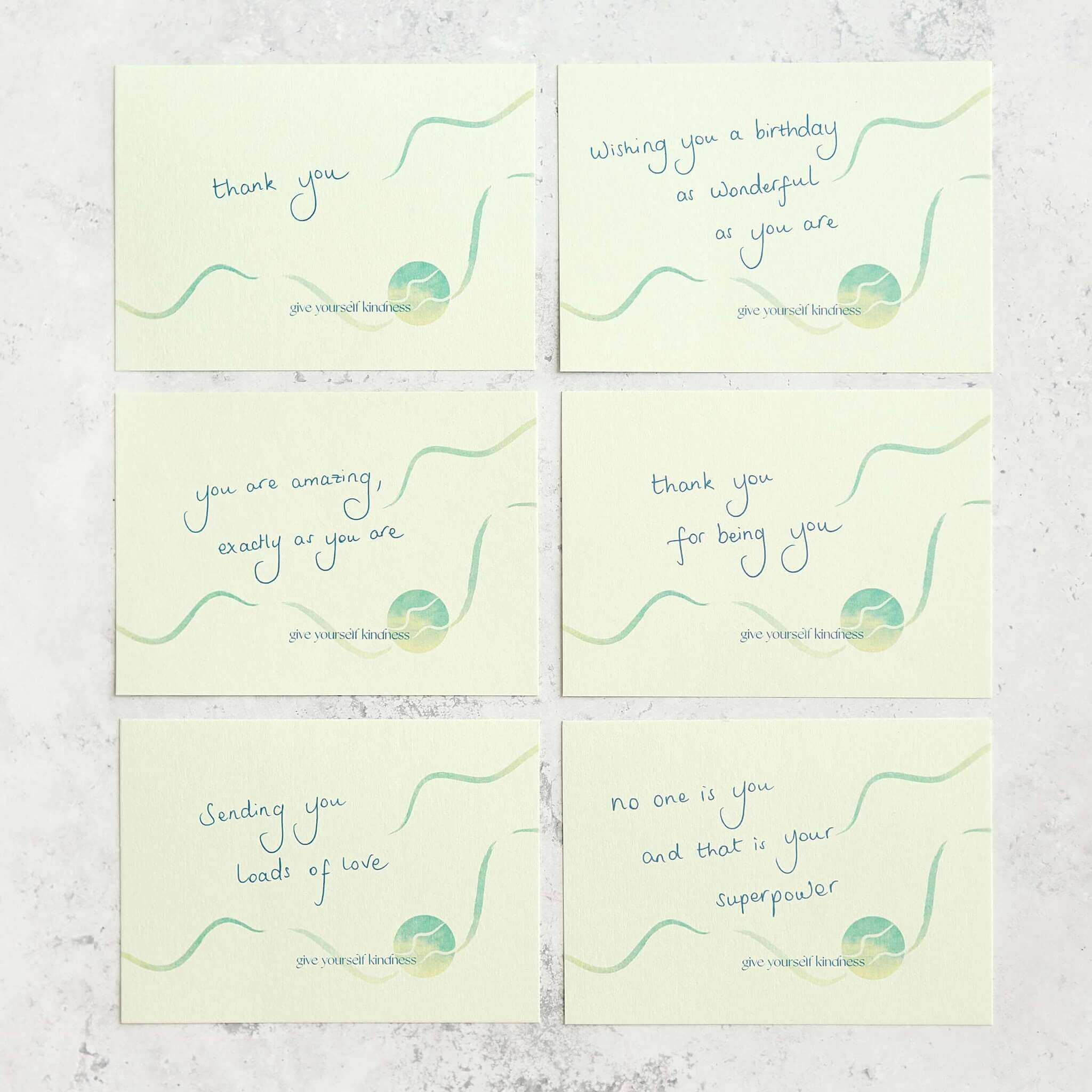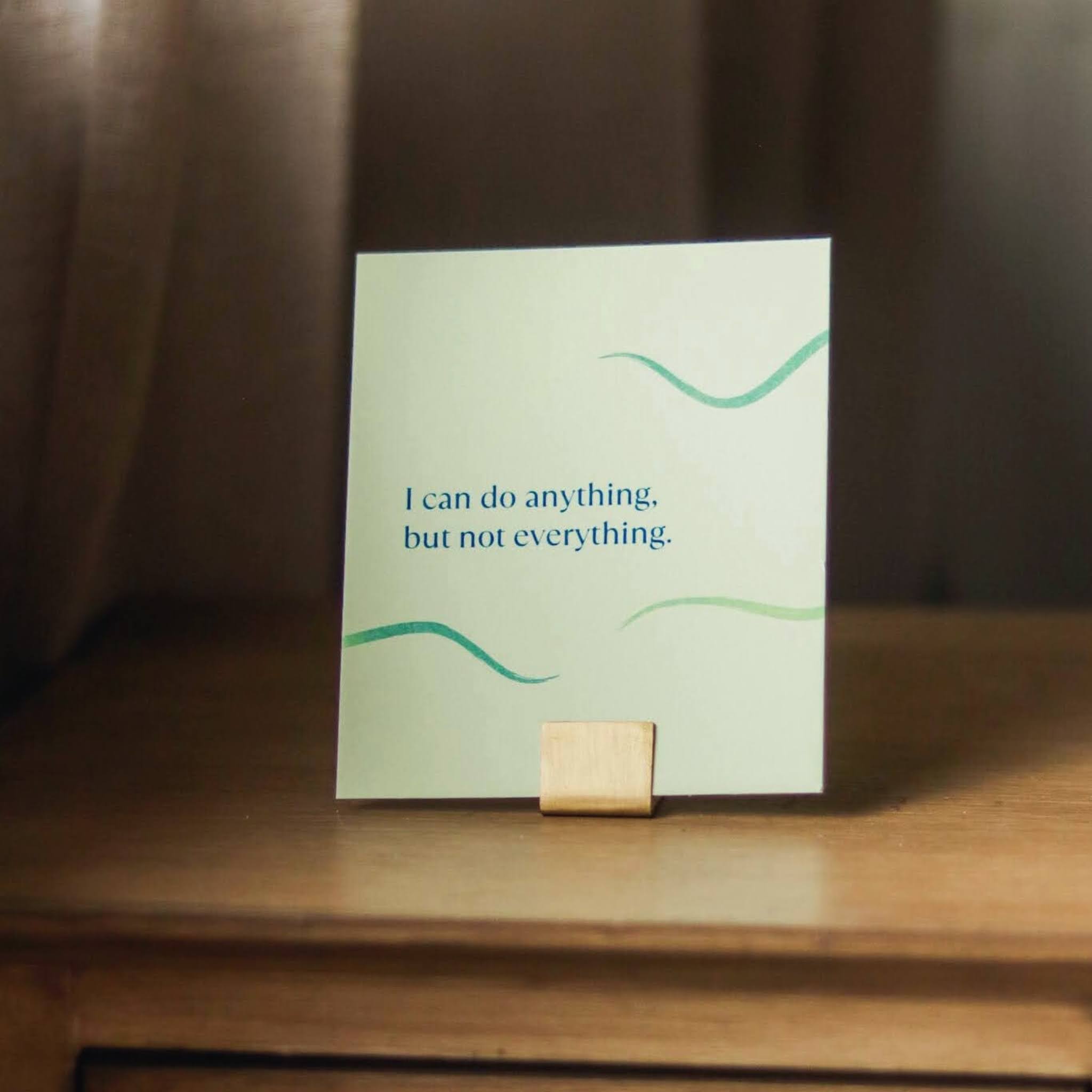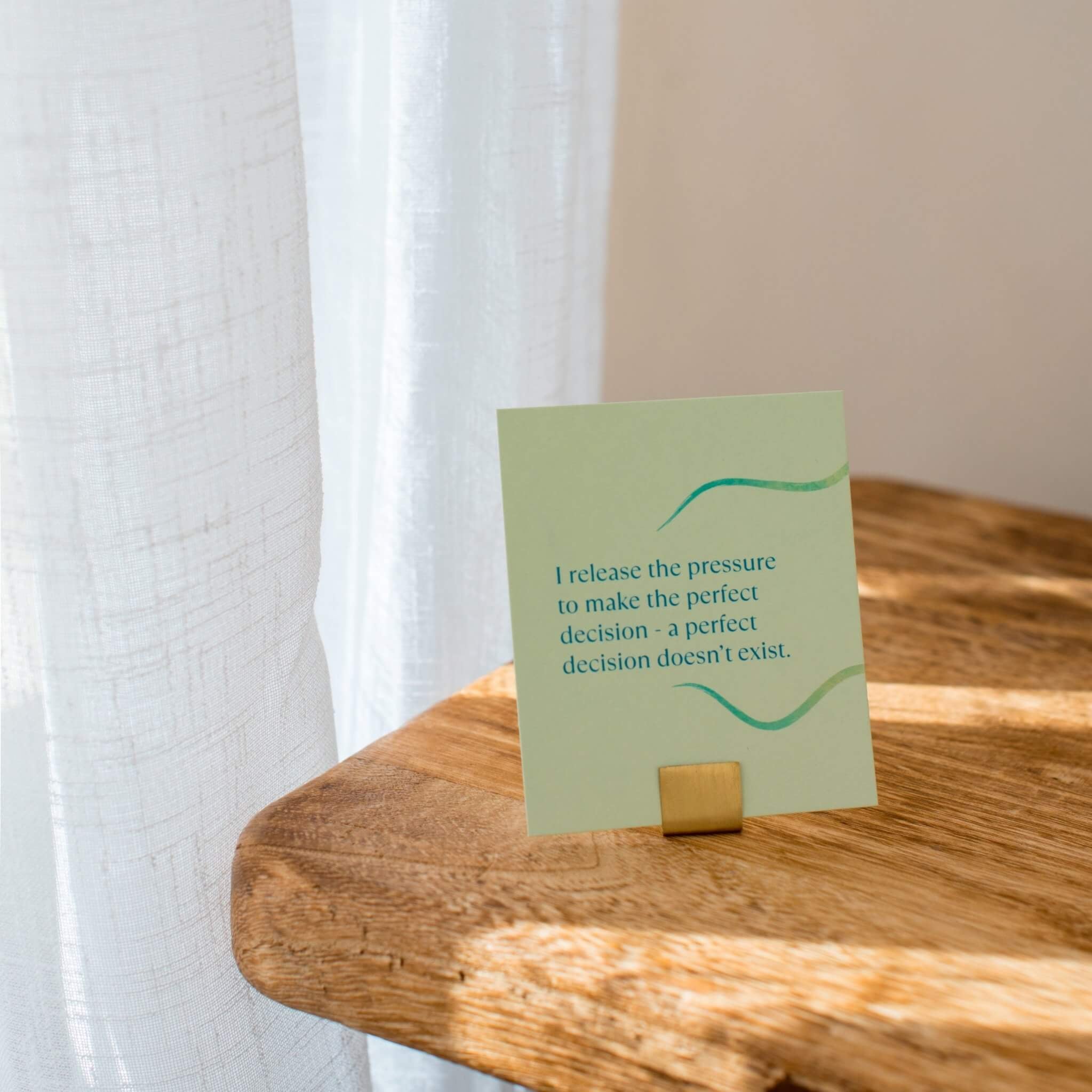written by Kristin Neff, PhD an Associate Professor of Educational Psychology at The University of Texas at Austin. She developed a theory and created a scale to measure self-compassion more than 20 years ago. Dr. Neff has written numerous academic articles and book chapters on the topic and has been recognized as one of the most influential scholars in the field of psychology.
Many people are afraid they won't be ambitious enough if they're compassionate with themselves. Research suggests otherwise.
In one study, for example, we examined how people reacted when they failed to meet their standards, and also how high their standards were in the first place.
'self-compassionate people were just as likely to have high standards for themselves'
We found that self-compassionate people were just as likely to have high standards for themselves as those who lacked self-compassion, but they were much less likely to be hard on themselves on the occasions when they didn't meet those standards.
'self-compassionate people are more oriented toward personal growth'
We've also found that self-compassionate people are more oriented toward personal growth than those who continually criticize themselves. They're more likely to formulate specific plans for reaching their goals, and for making their lives more balanced.
Self-compassion in no way lowers where you set your sights in life
Self-compassion in no way lowers where you set your sights in life. It does, however, soften how you react when you don't do as well as you hoped, which actually helps you achieve your goals in the long run.
'helps you achieve your goals in the long run'
The ability to realize our potential depends partly on where our motivation comes from.
Is it intrinsic or extrinsic?
Intrinsic motivation occurs when we're driven to do something because we want to learn, grow, or because the activity is just plain interesting.
Extrinsic motivation occurs when we're driven to do something in order to gain a reward or escape a punishment.
Even when rewards and punishments come from within, like the reward of self-esteem or the punishment of self-criticism, our motivation is extrinsic because we're engaging in an activity for ulterior motives.
This is an excerpt from Self-Compassion: The Proven Power of Being Kind to Yourself by Kristin Neff, PhD (Hodder & Stoughton) approved exclusively to be shared on Give Yourself Kindness.

Kristin Neff, PhD, is an Associate Professor of Educational Psychology at The University of Texas at Austin. She developed a theory and created a scale to measure self-compassion more than 20 years ago. Dr. Neff has written numerous academic articles and book chapters on the topic and has been recognized as one of the most influential scholars in the field of psychology. Well over 5000 studies have been conducted on self-compassion by various scholars since her seminal articles were first published in 2003.
In addition to her academic work, Dr. Neff is author of the books Self-Compassion: The Proven Power of Being Kind to Yourself, and Fierce Self-Compassion: How Women can Harness Kindness to Speak Up, Claim Their Power and Thrive.
In conjunction with her colleague Dr. Chris Germer, she developed an empirically supported training program called Mindful Self-Compassion and co-founded the nonprofit Center for Mindful Self-Compassion, which offers self-compassion training in a variety of formats. Drs. Neff and Germer co-authored The Mindful Self-Compassion Workbook , Teaching the Mindful Self-Compassion Program: A Guide for Professionals, and in fall 2024 their latest book was published, Mindful Self-Compassion for Burnout: Tools to Help You Heal and Recharge When You’re Wrung Out by Stress.





